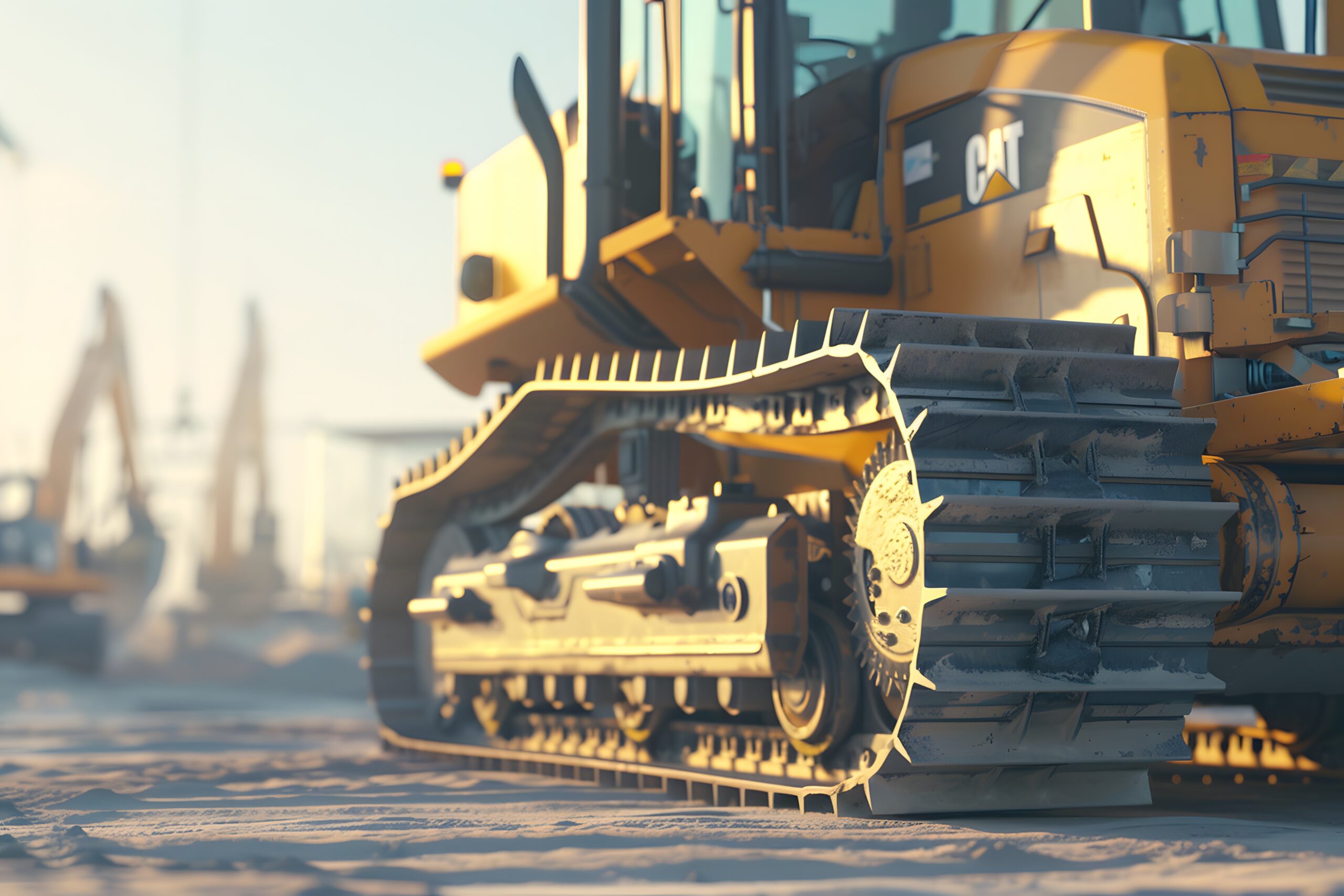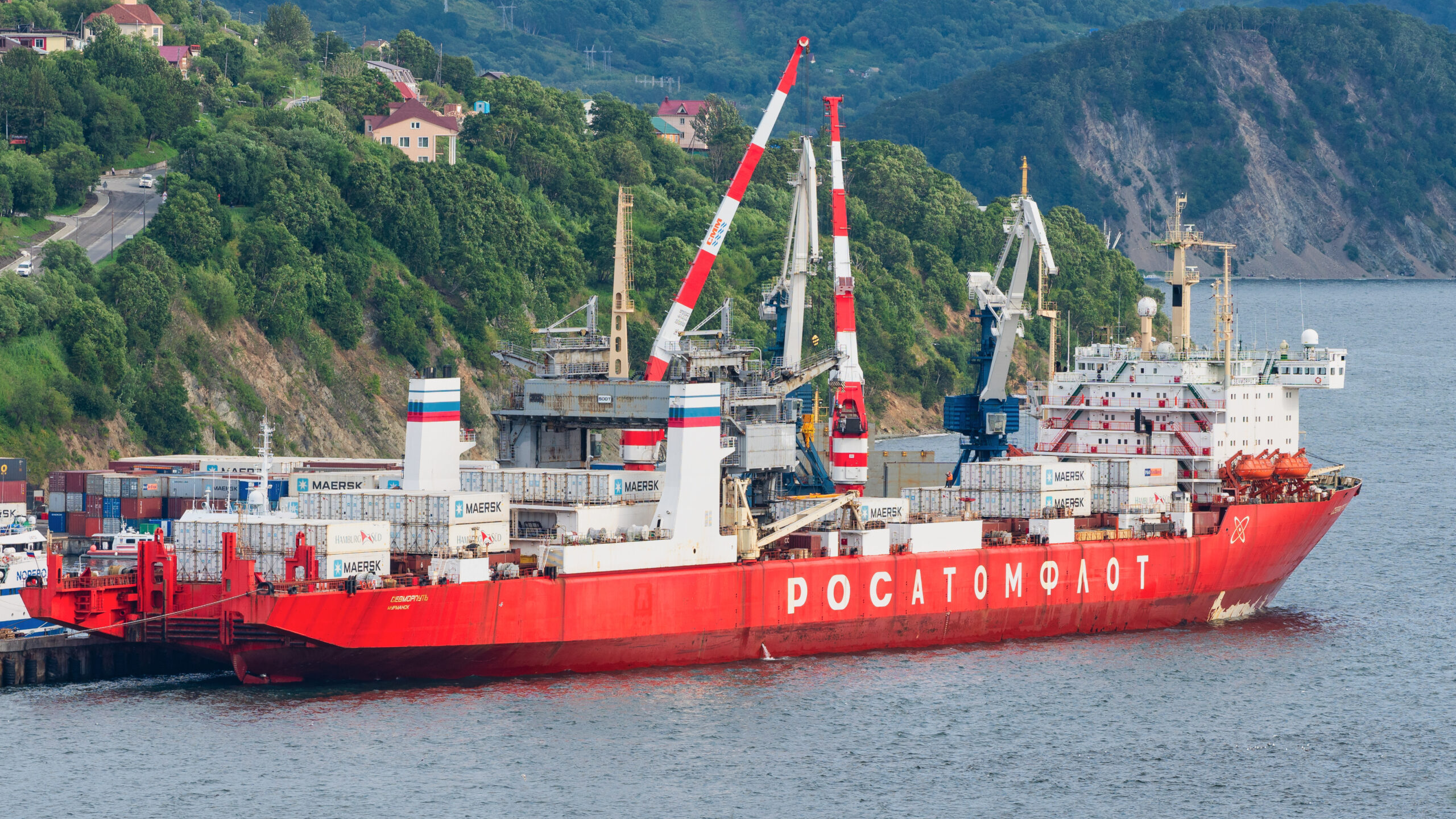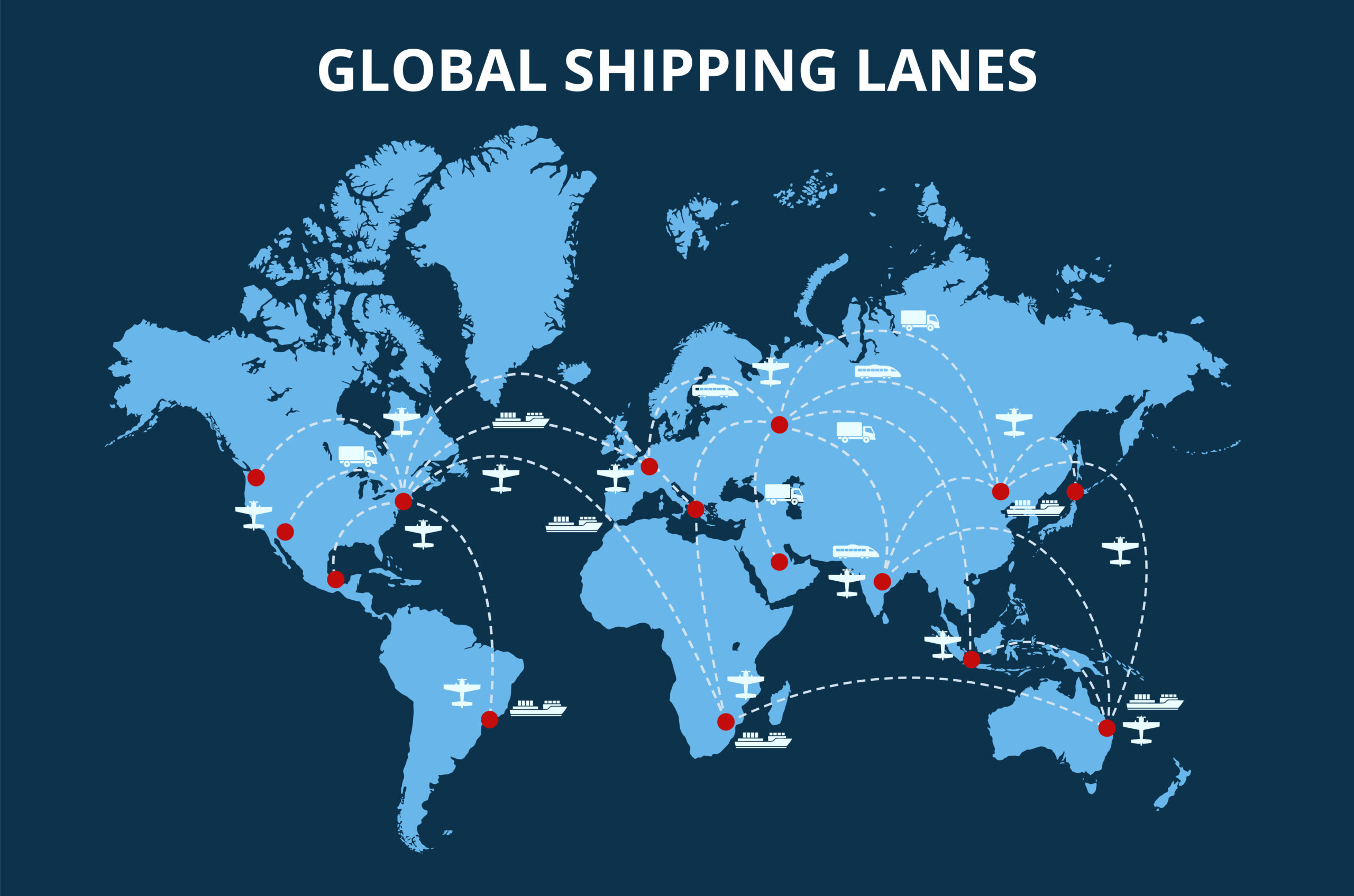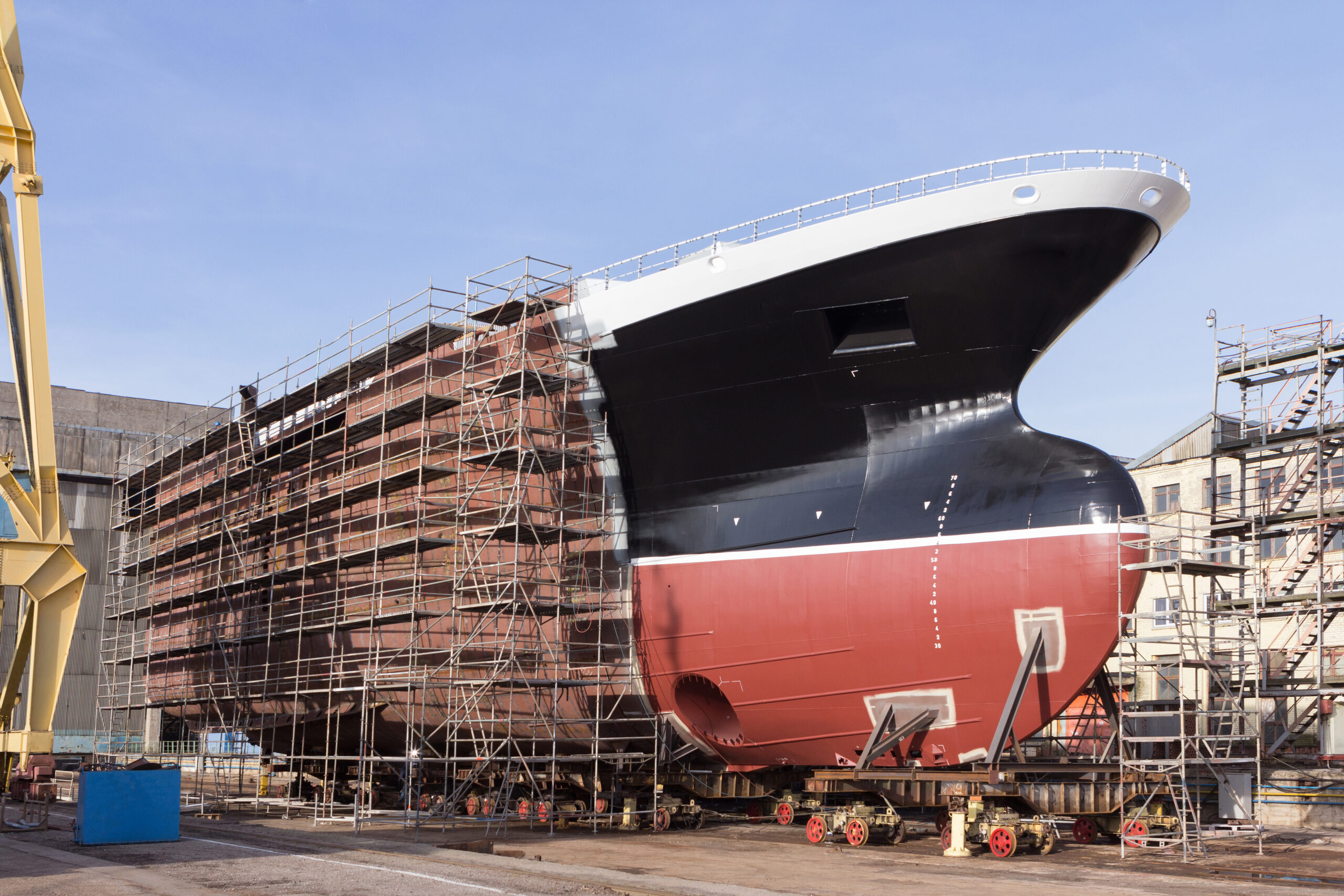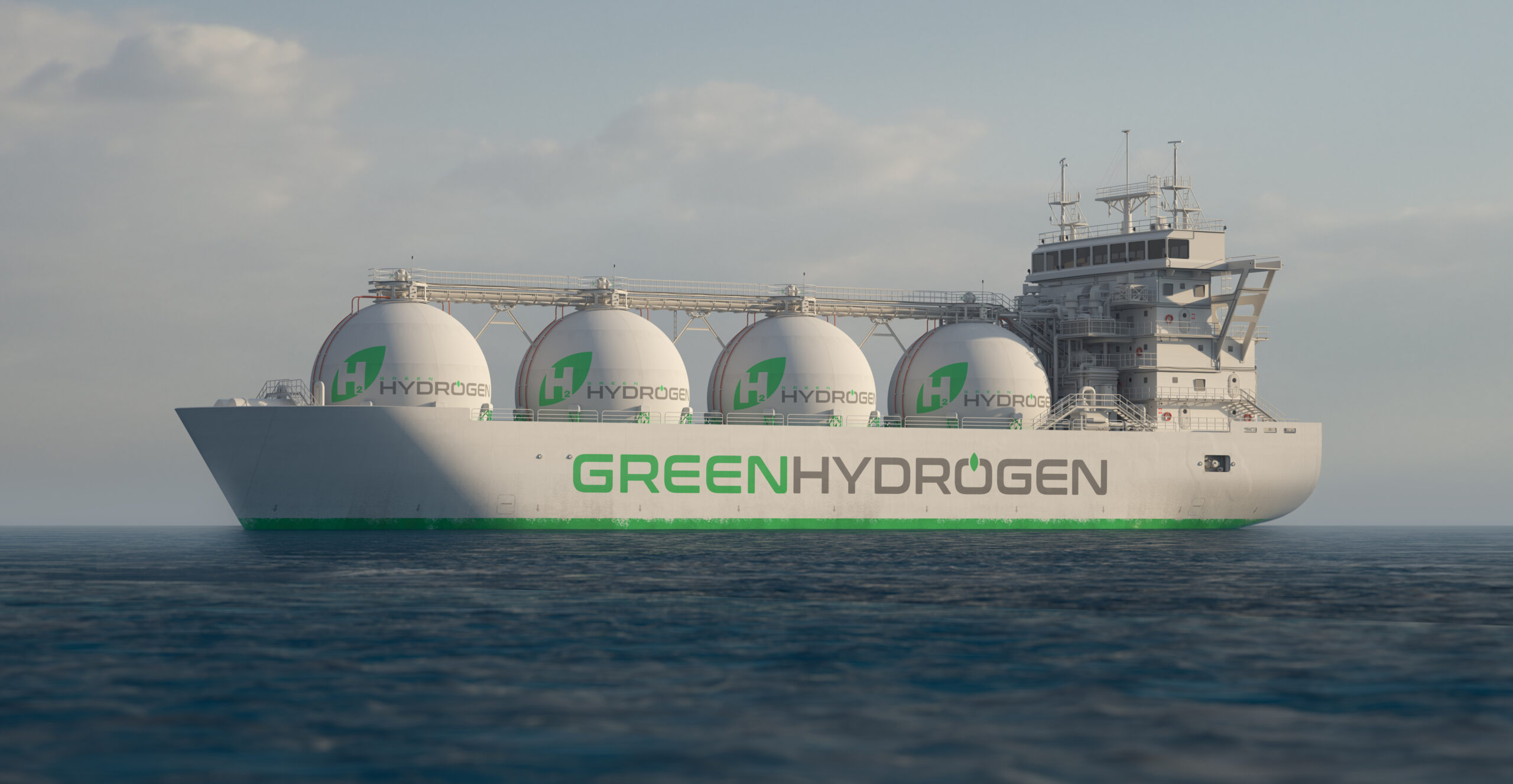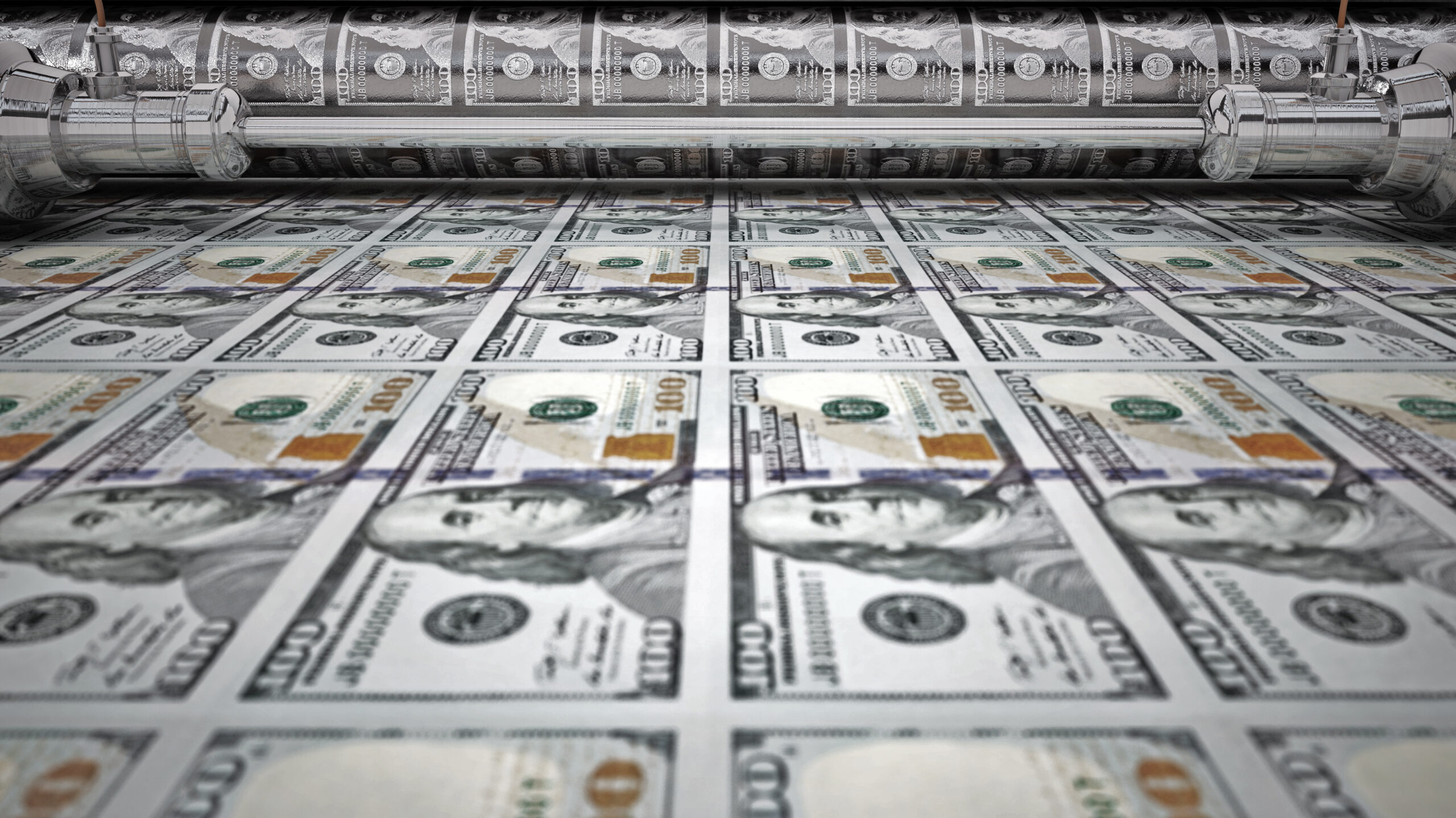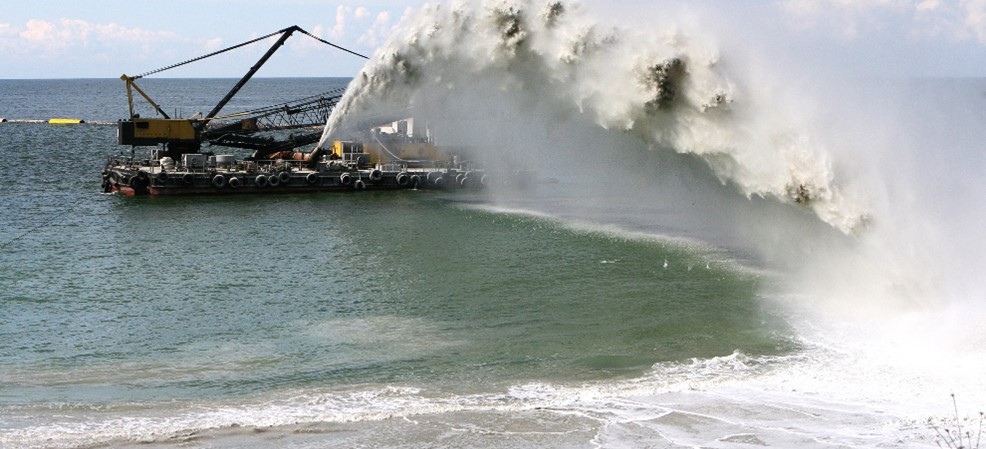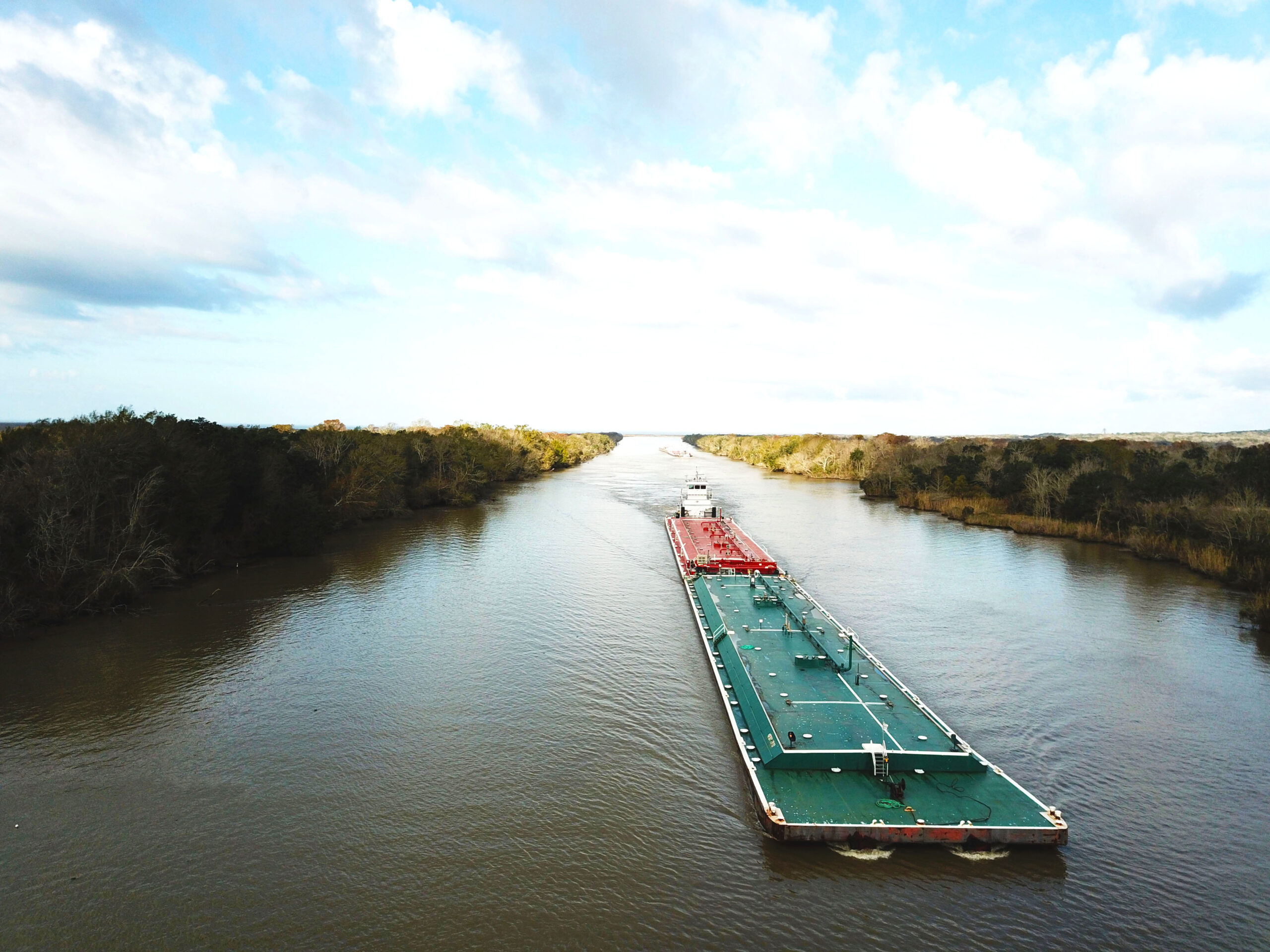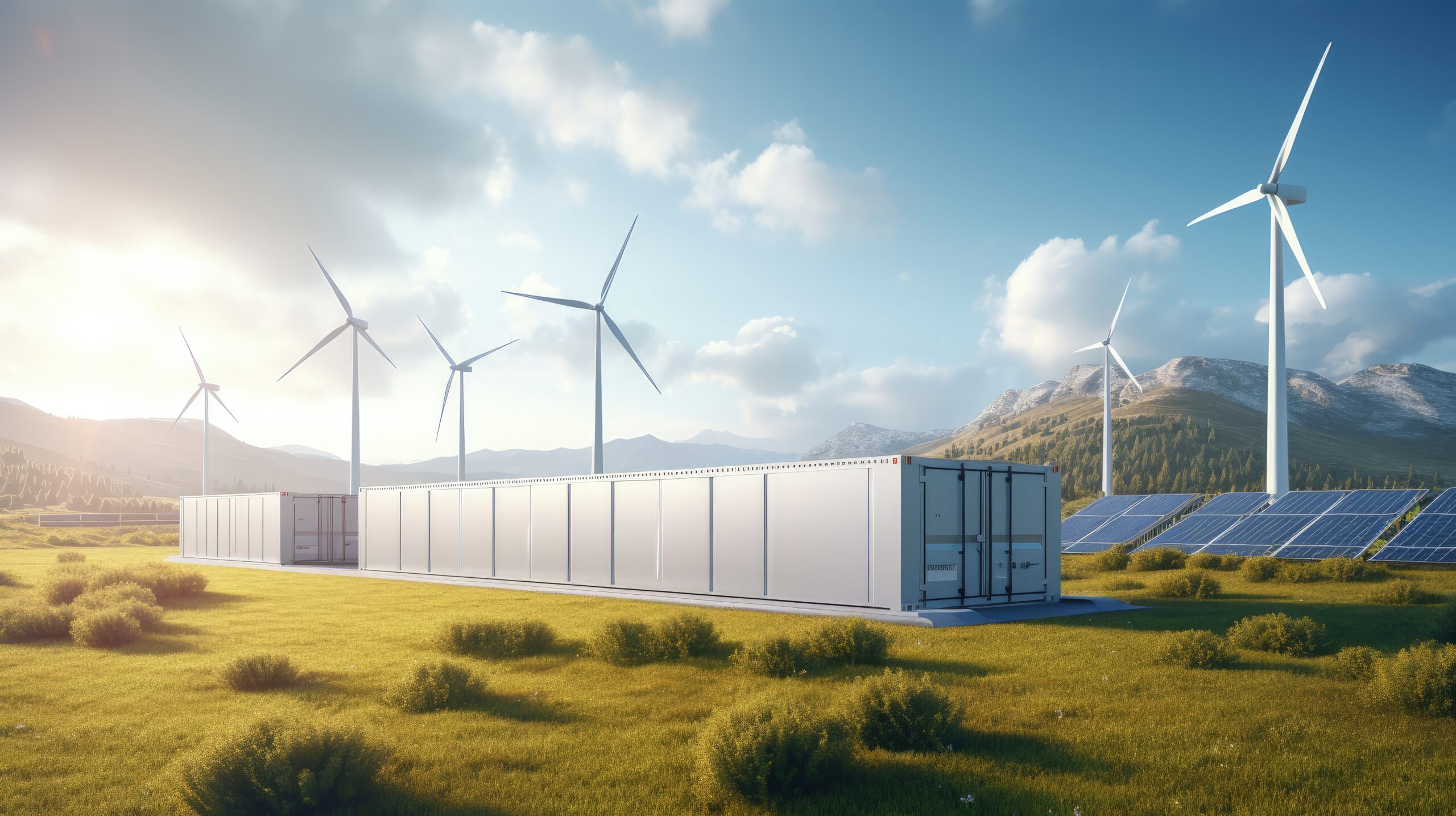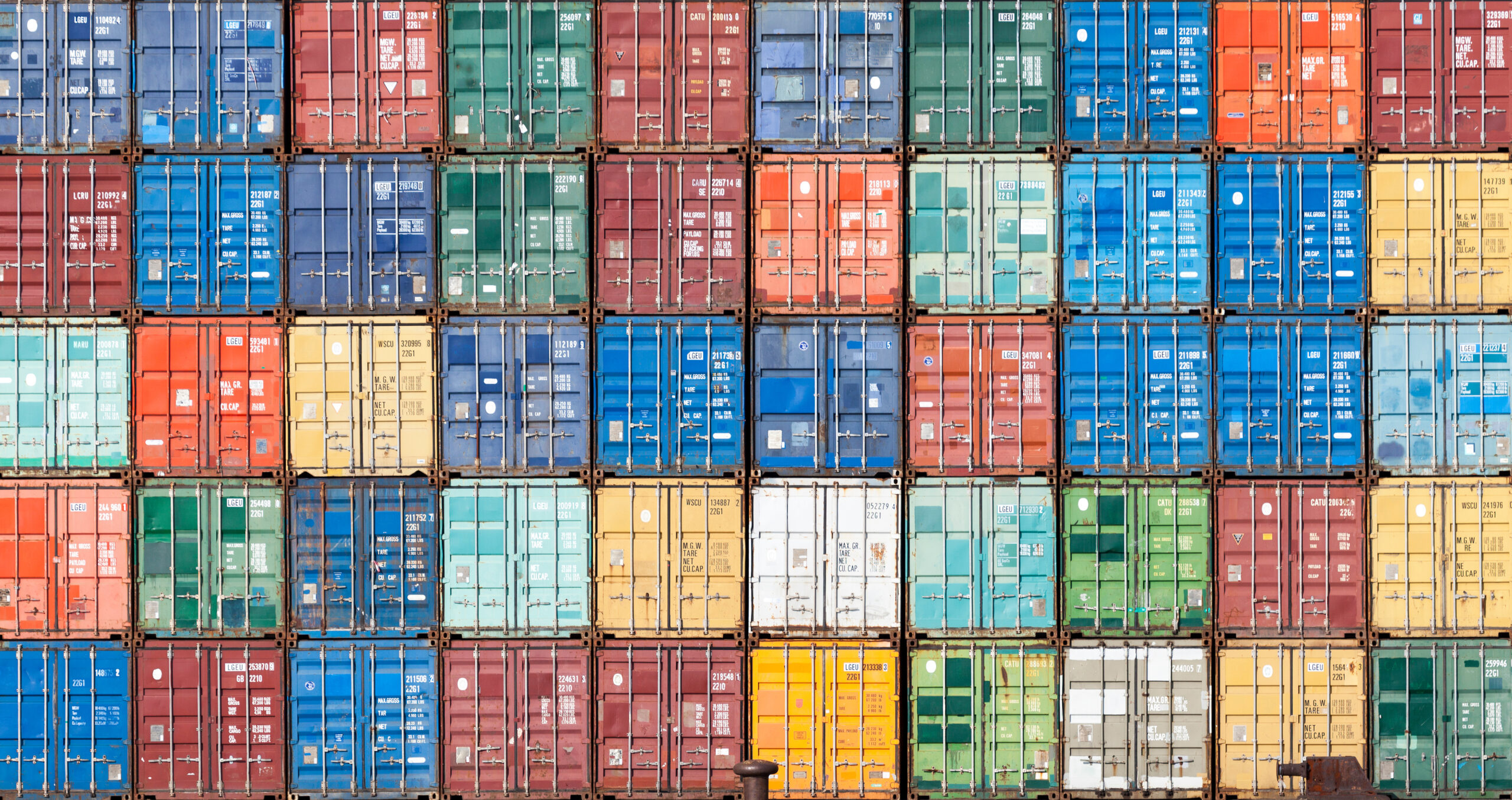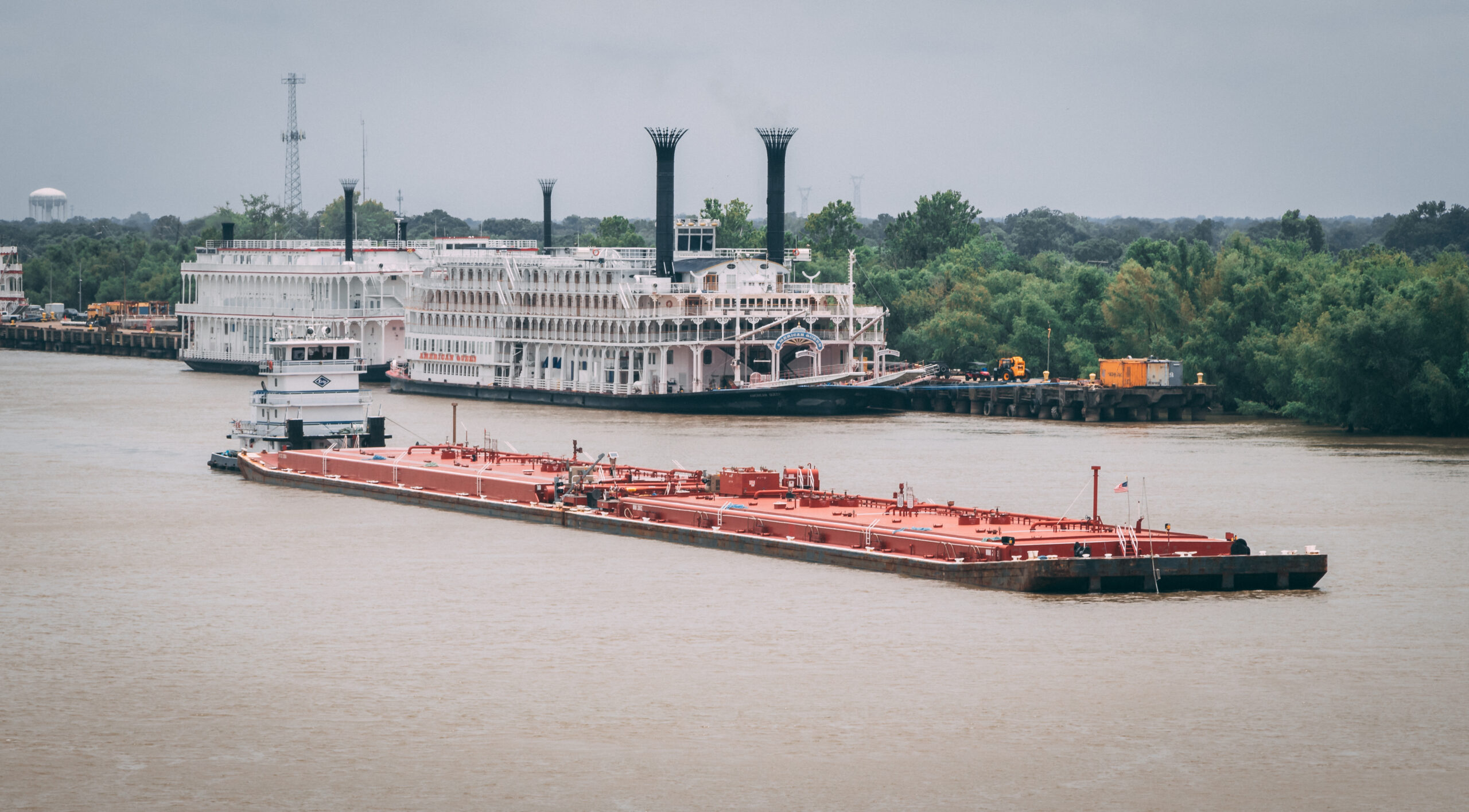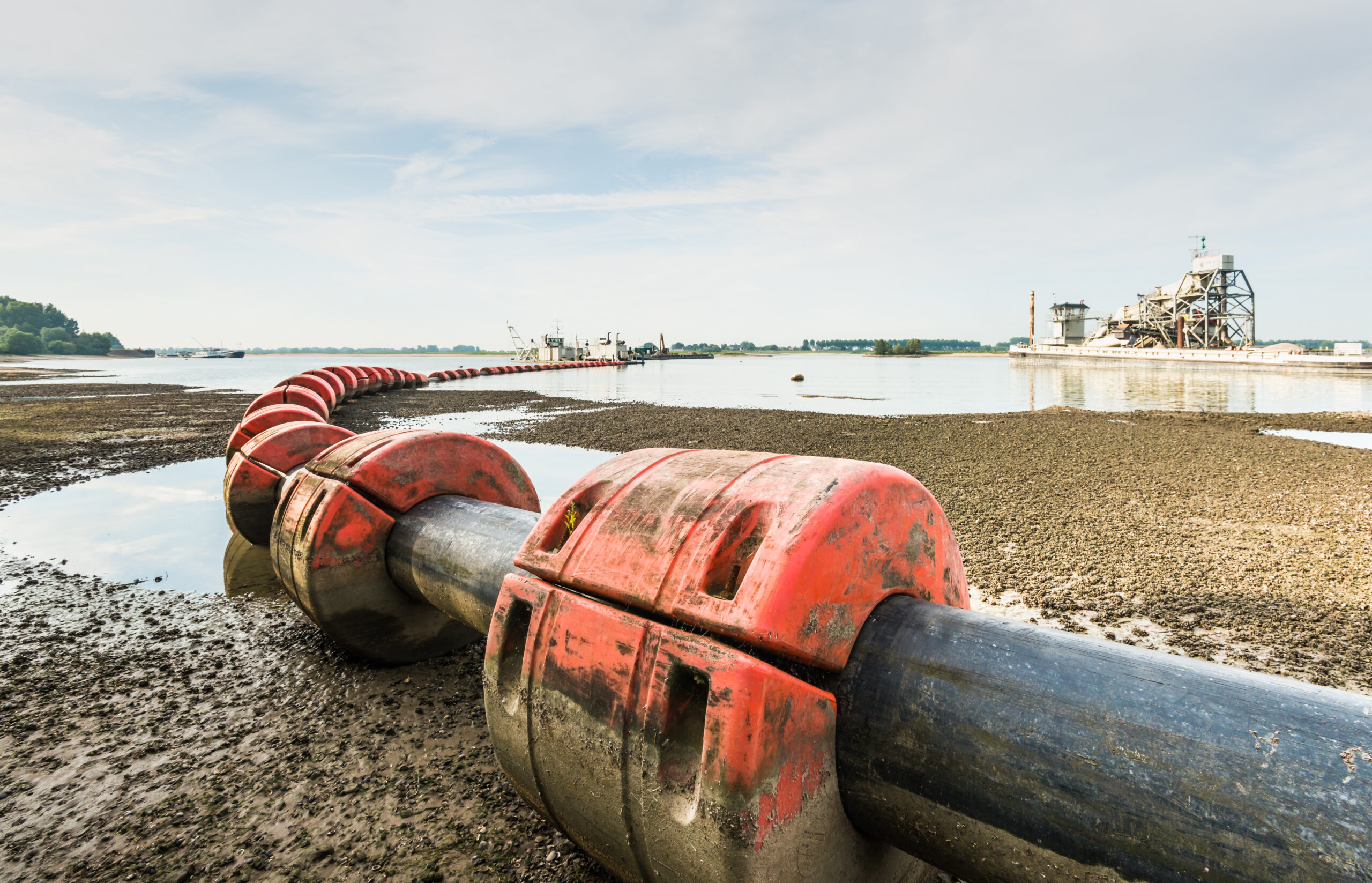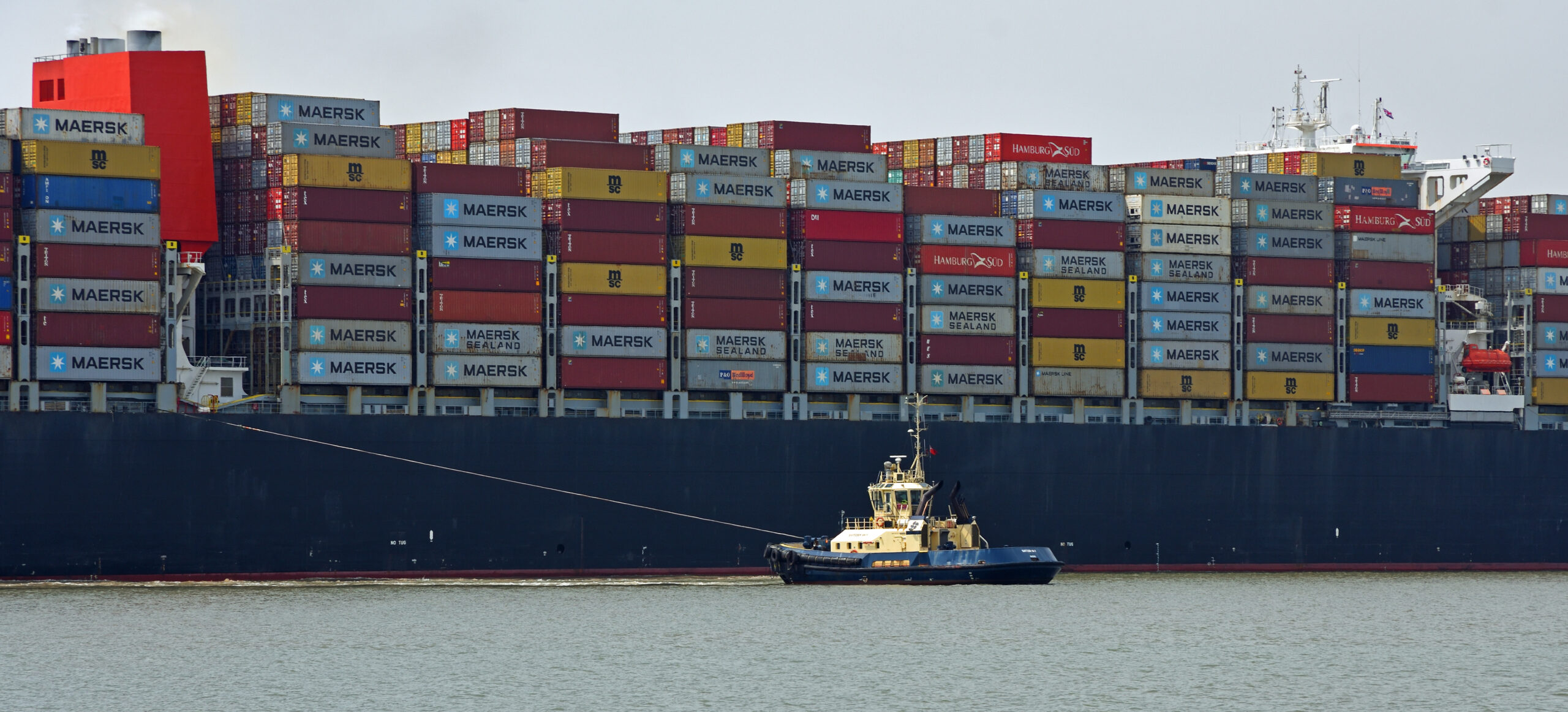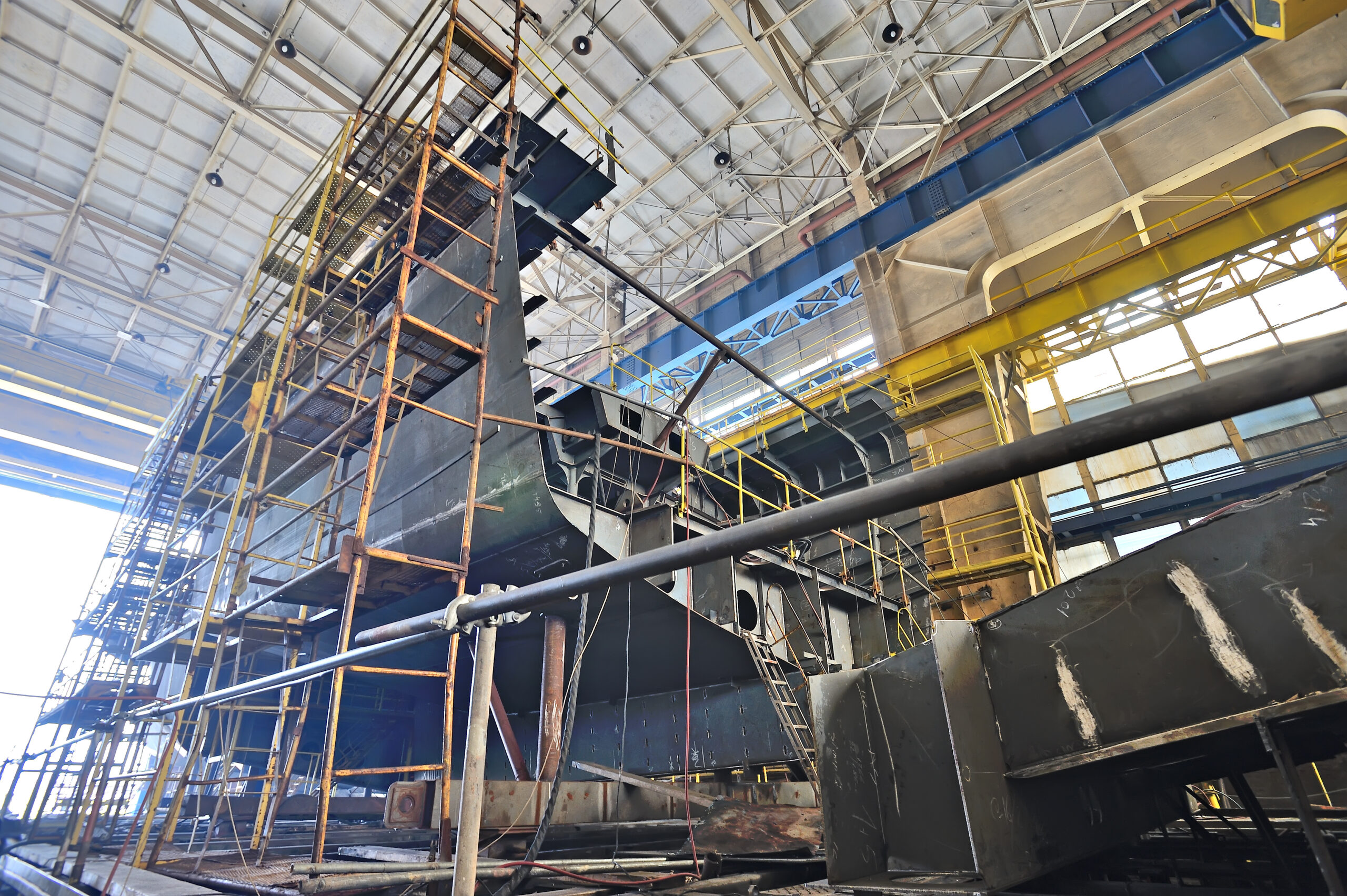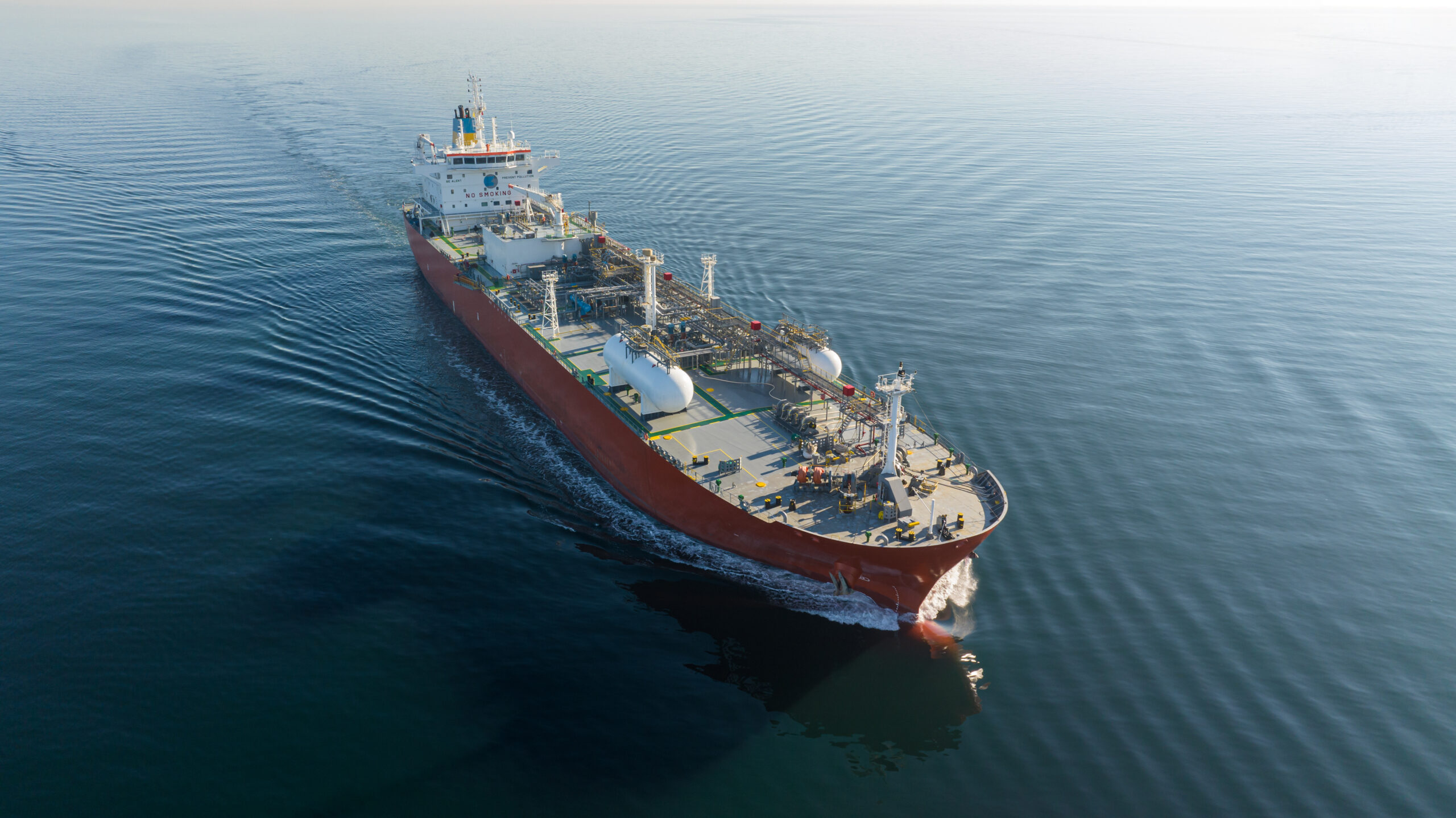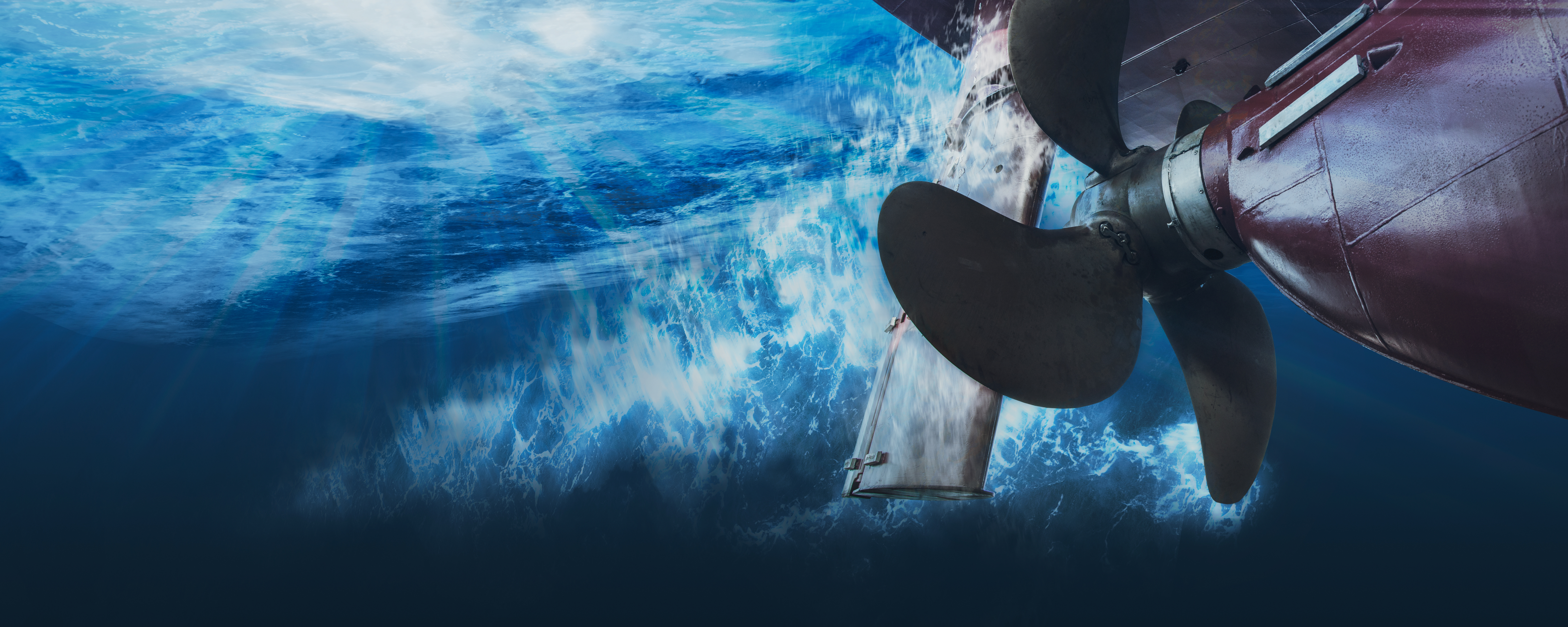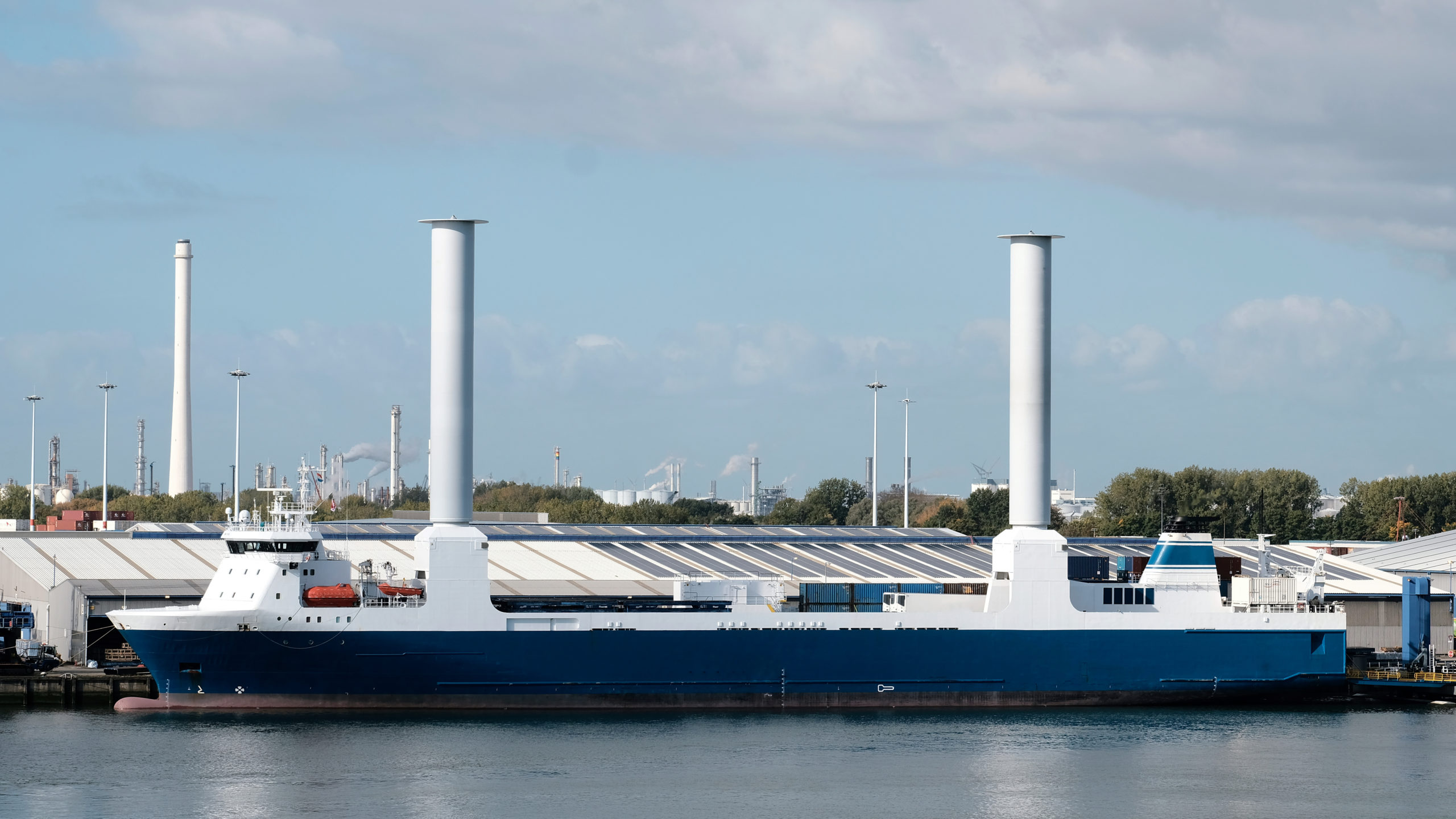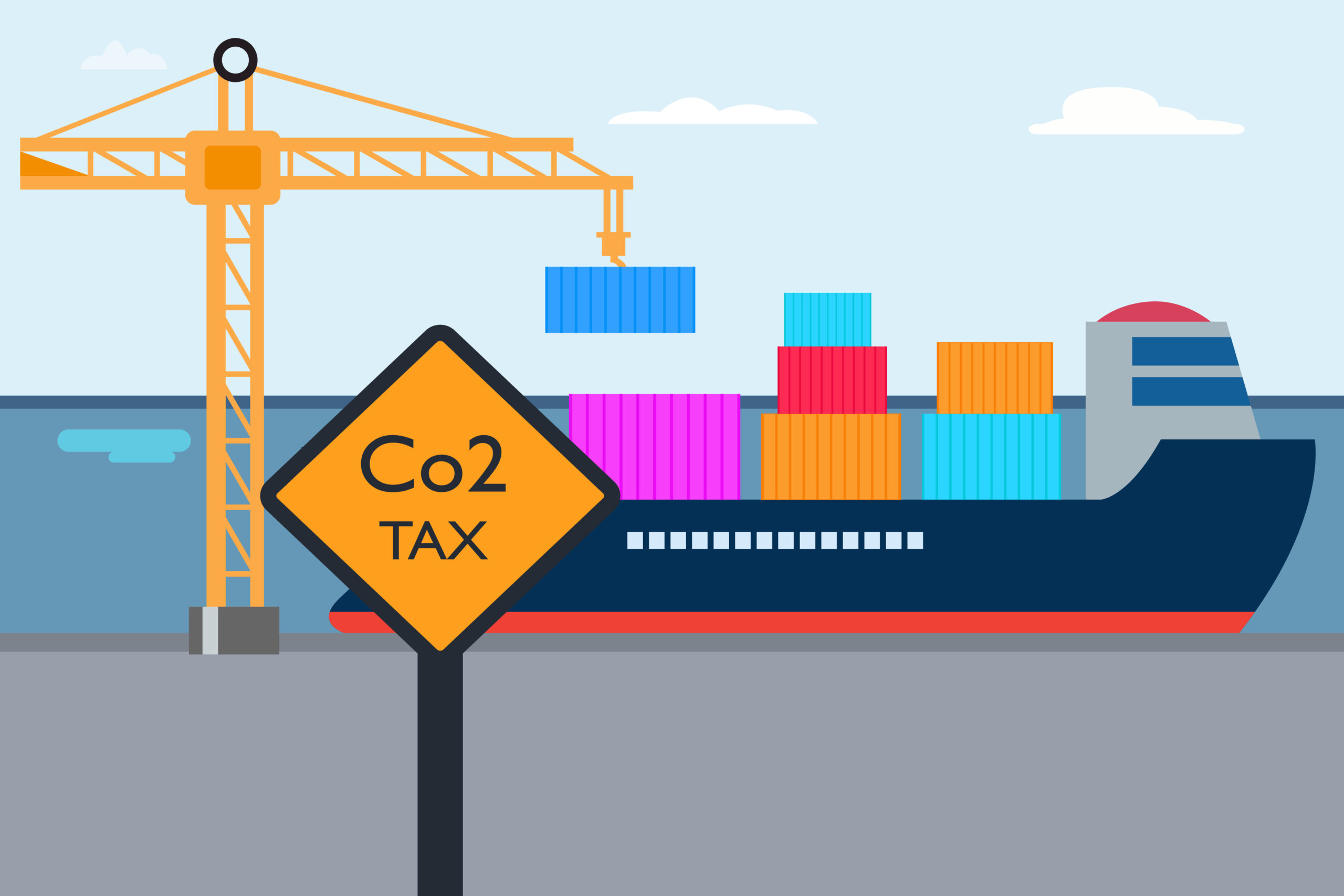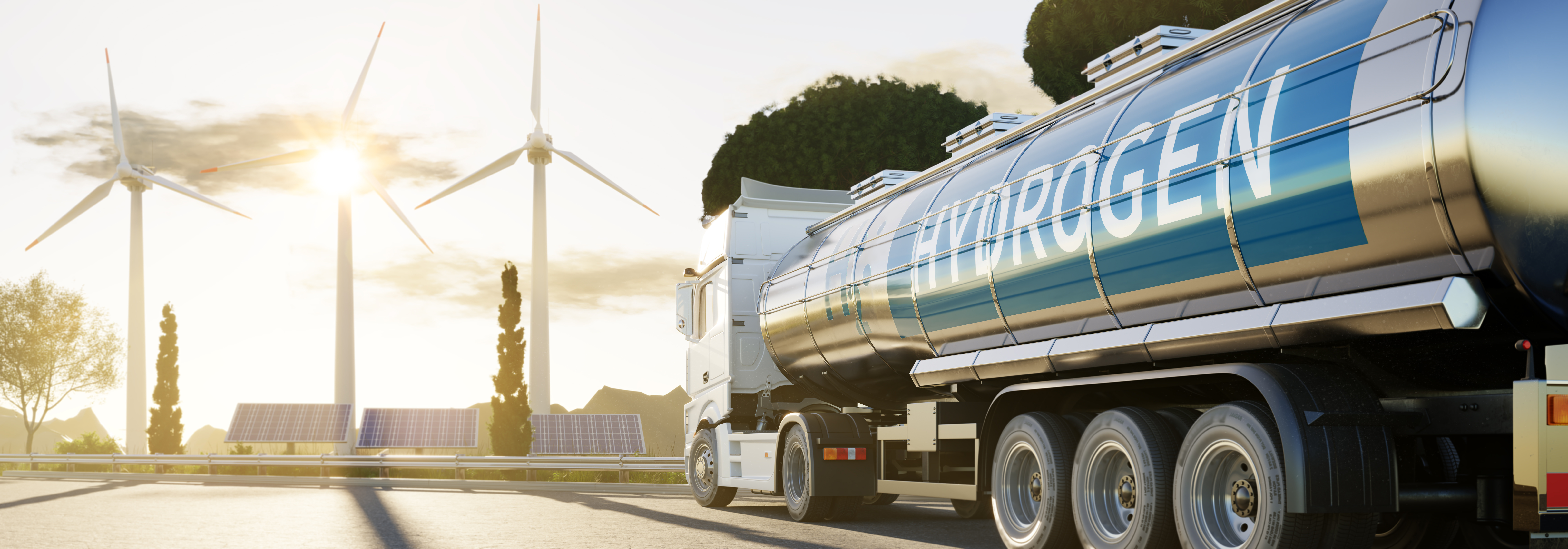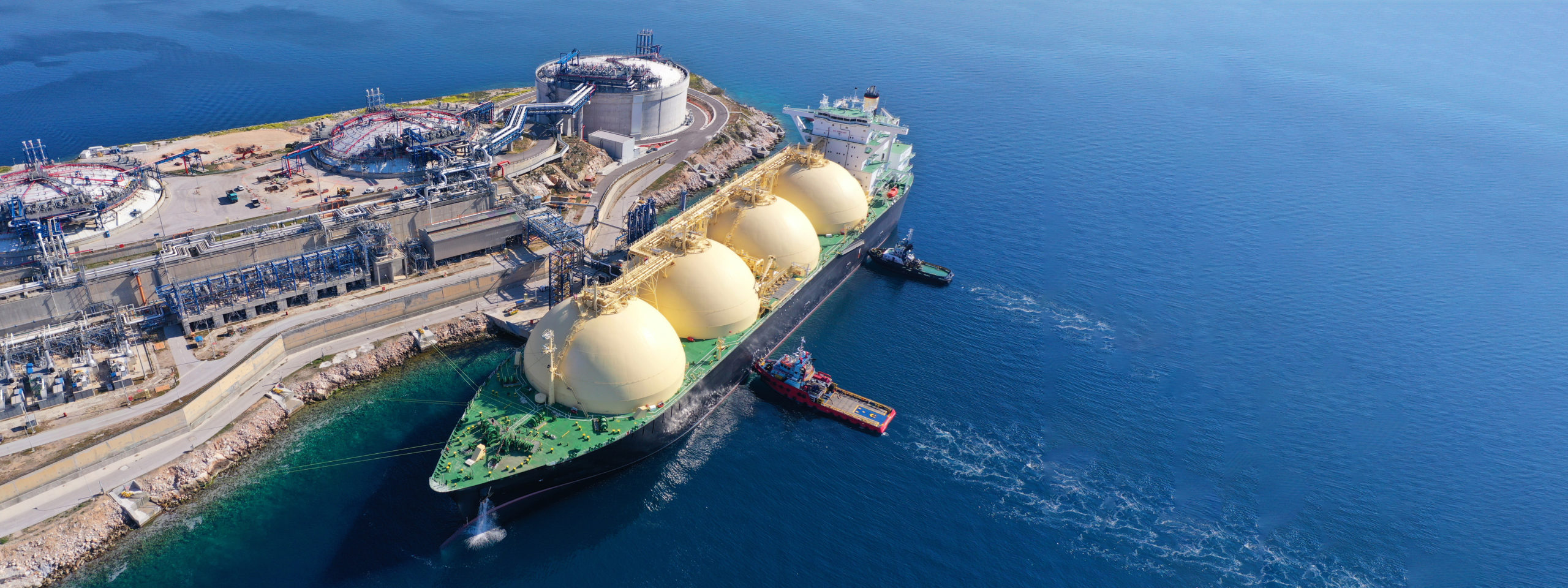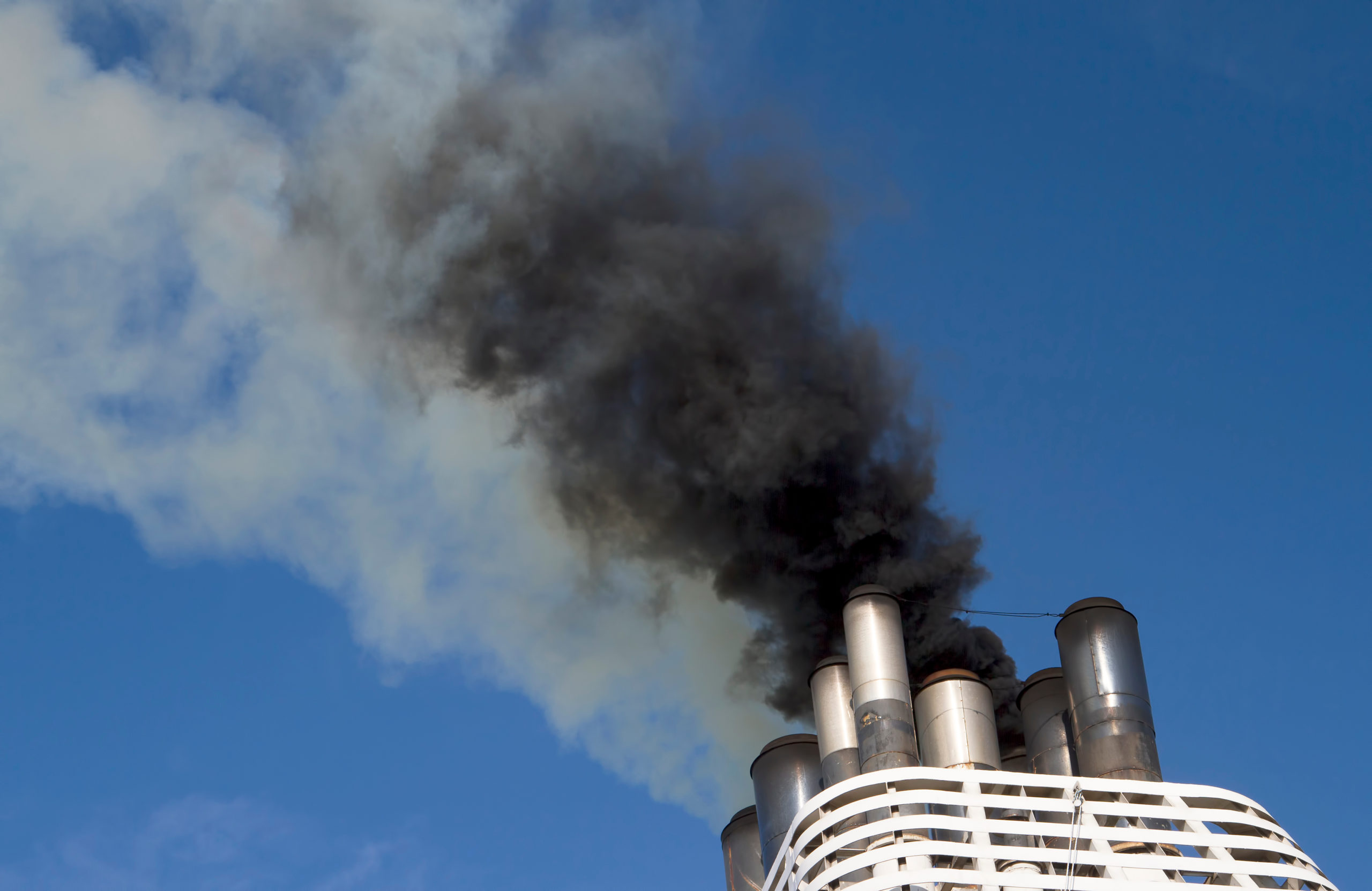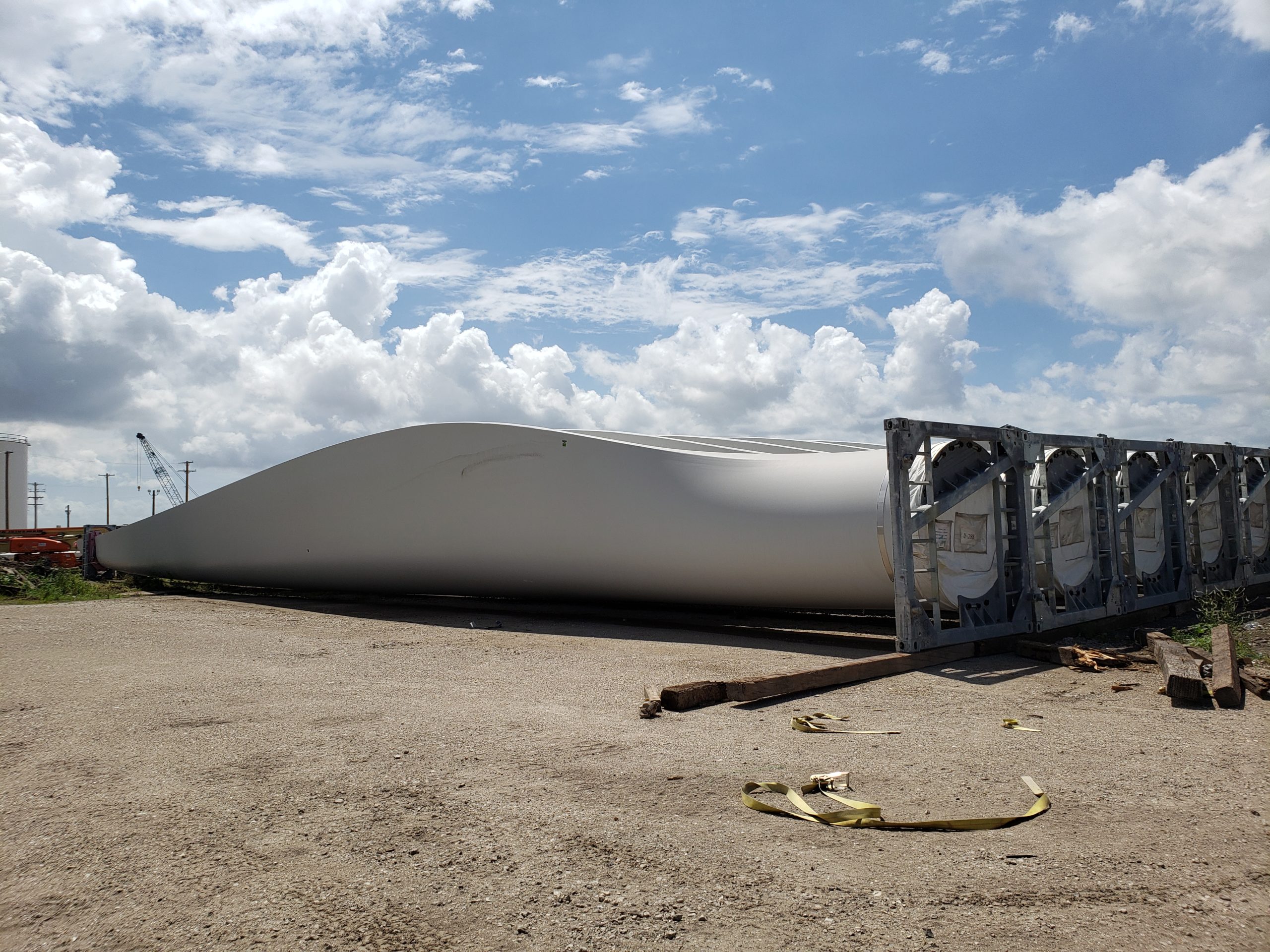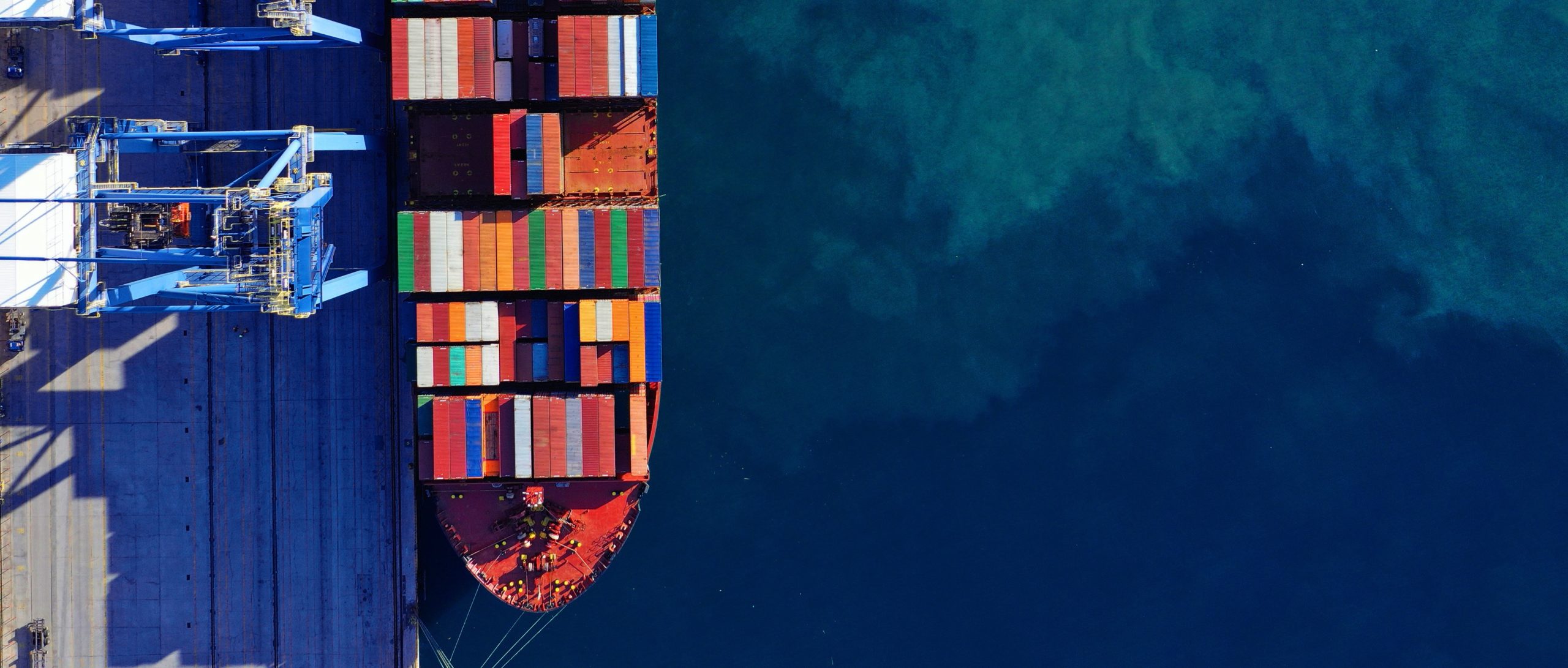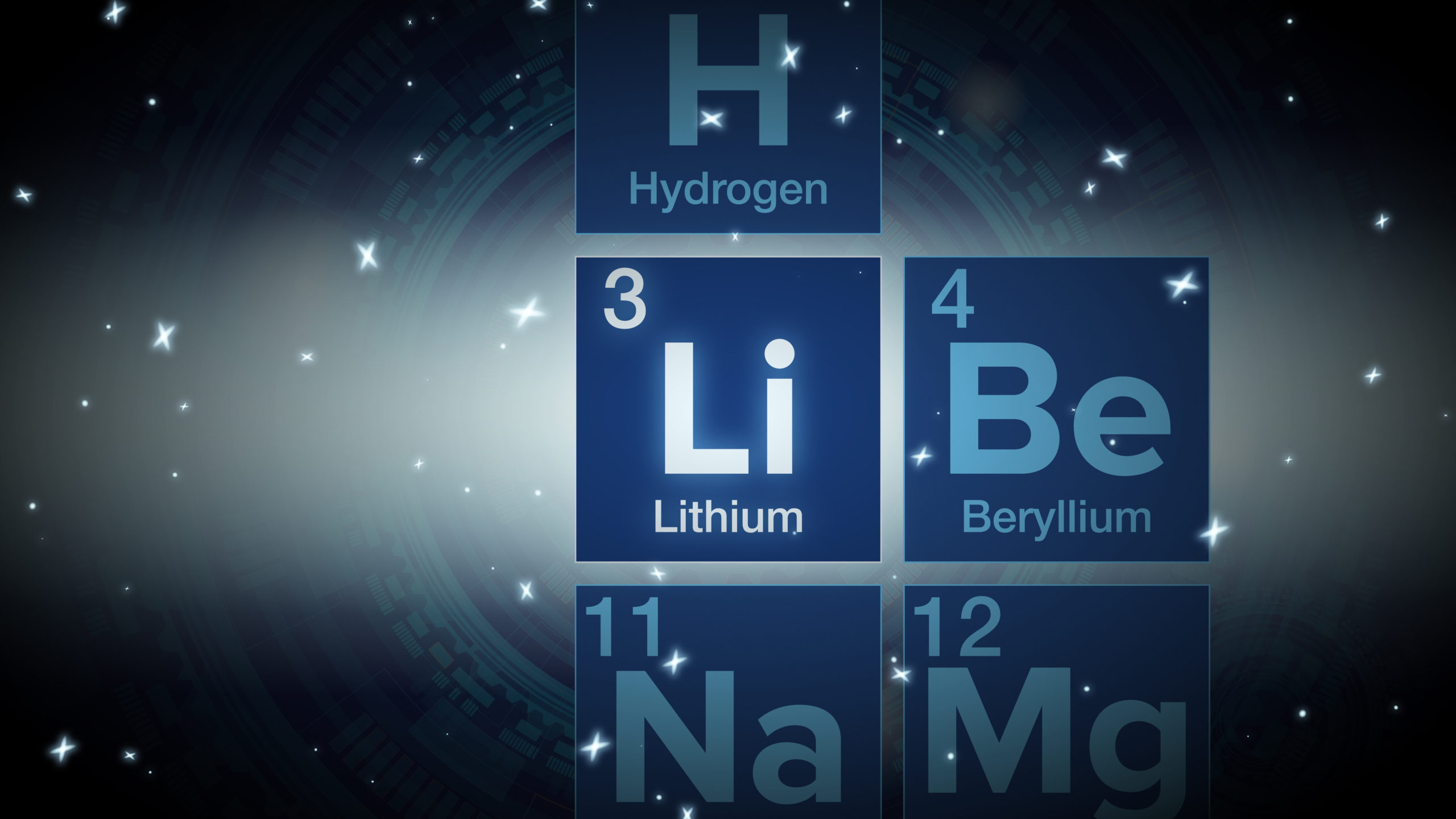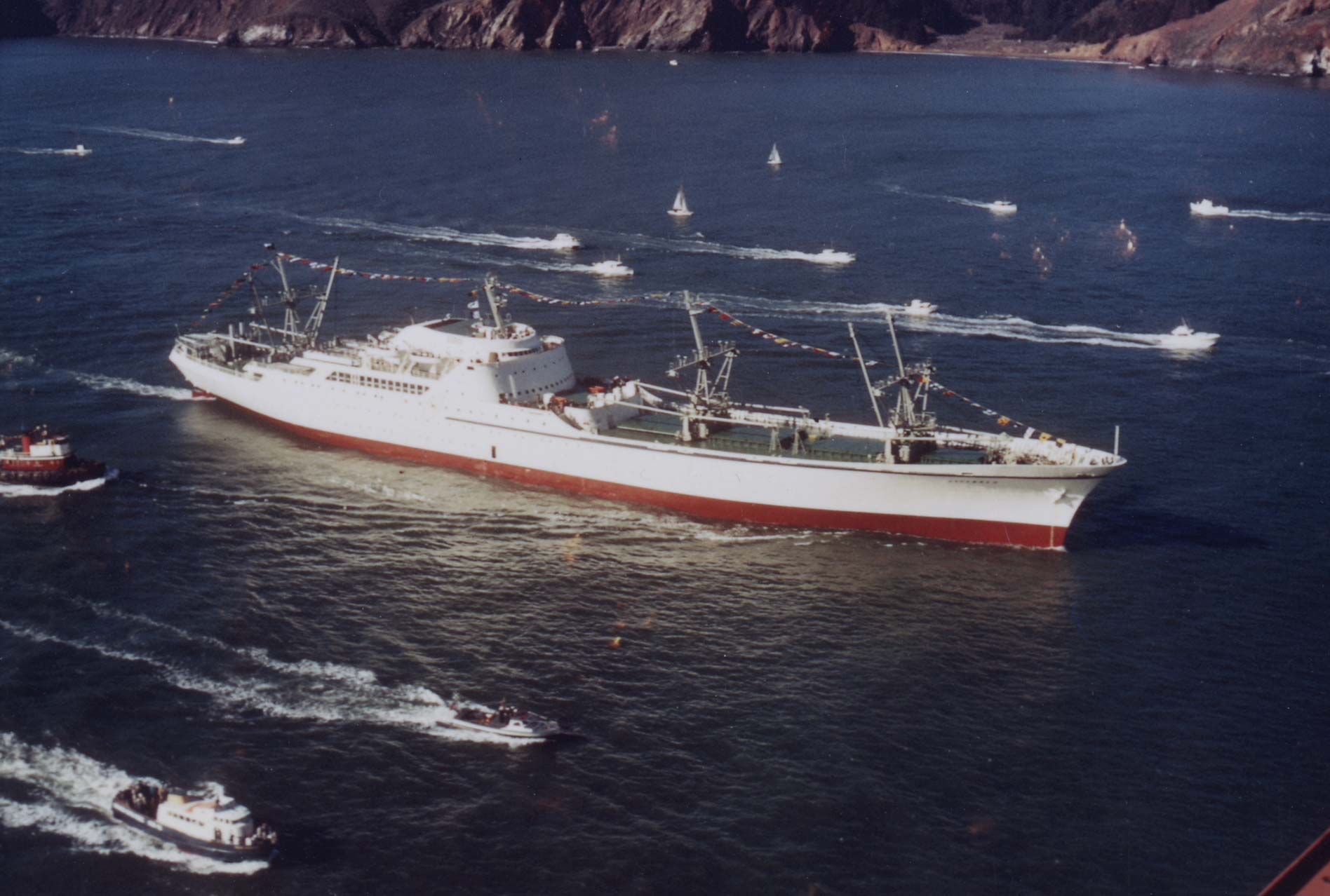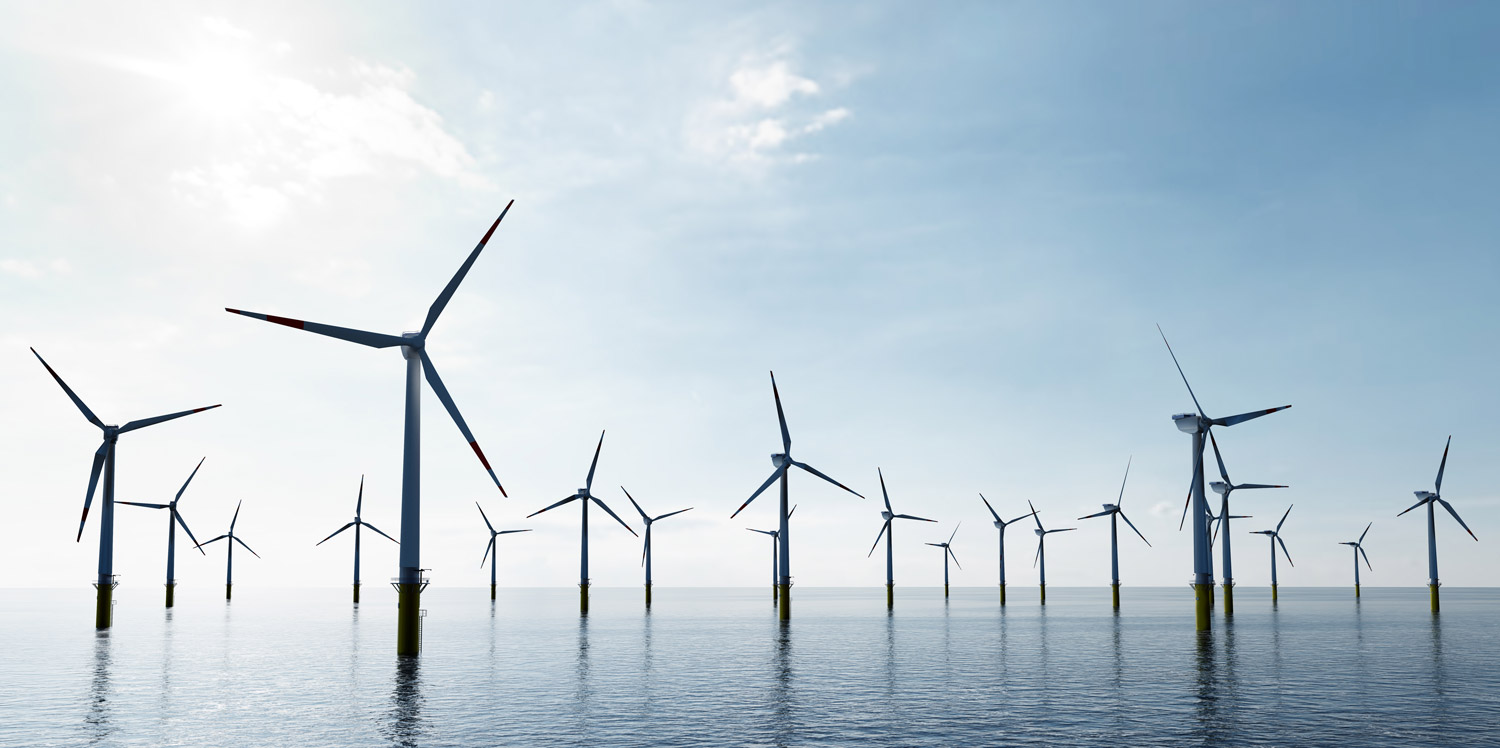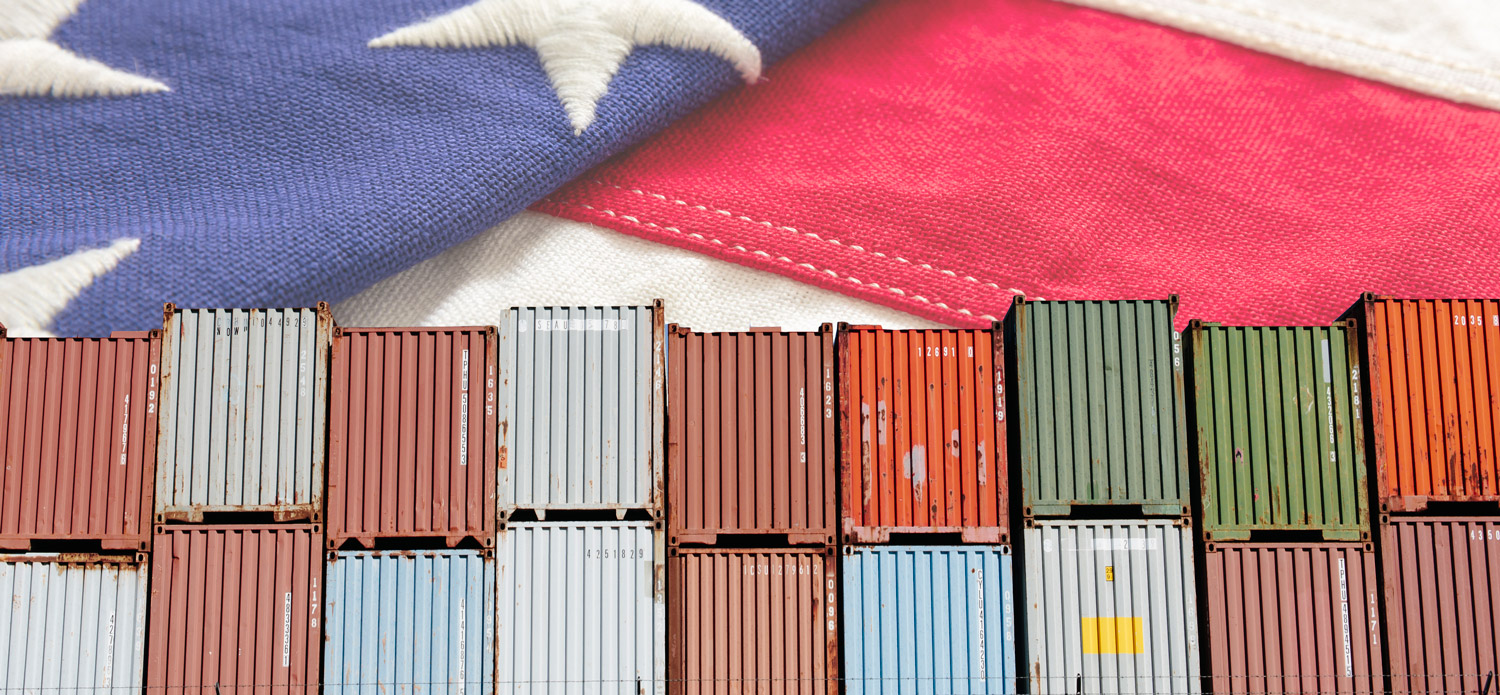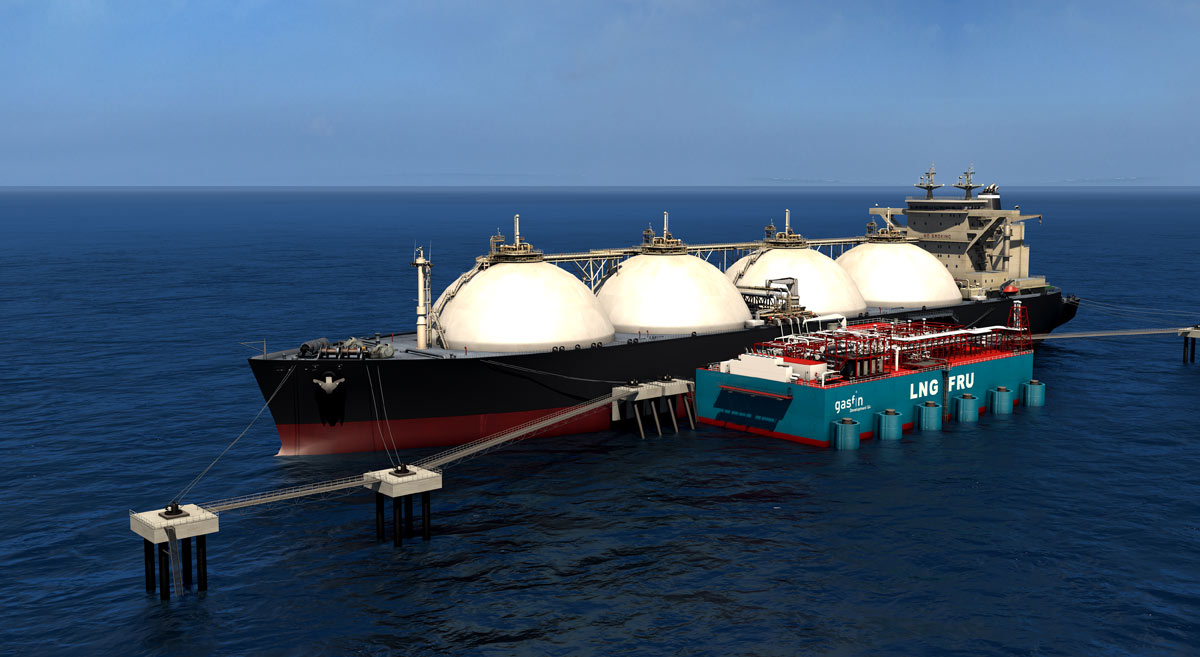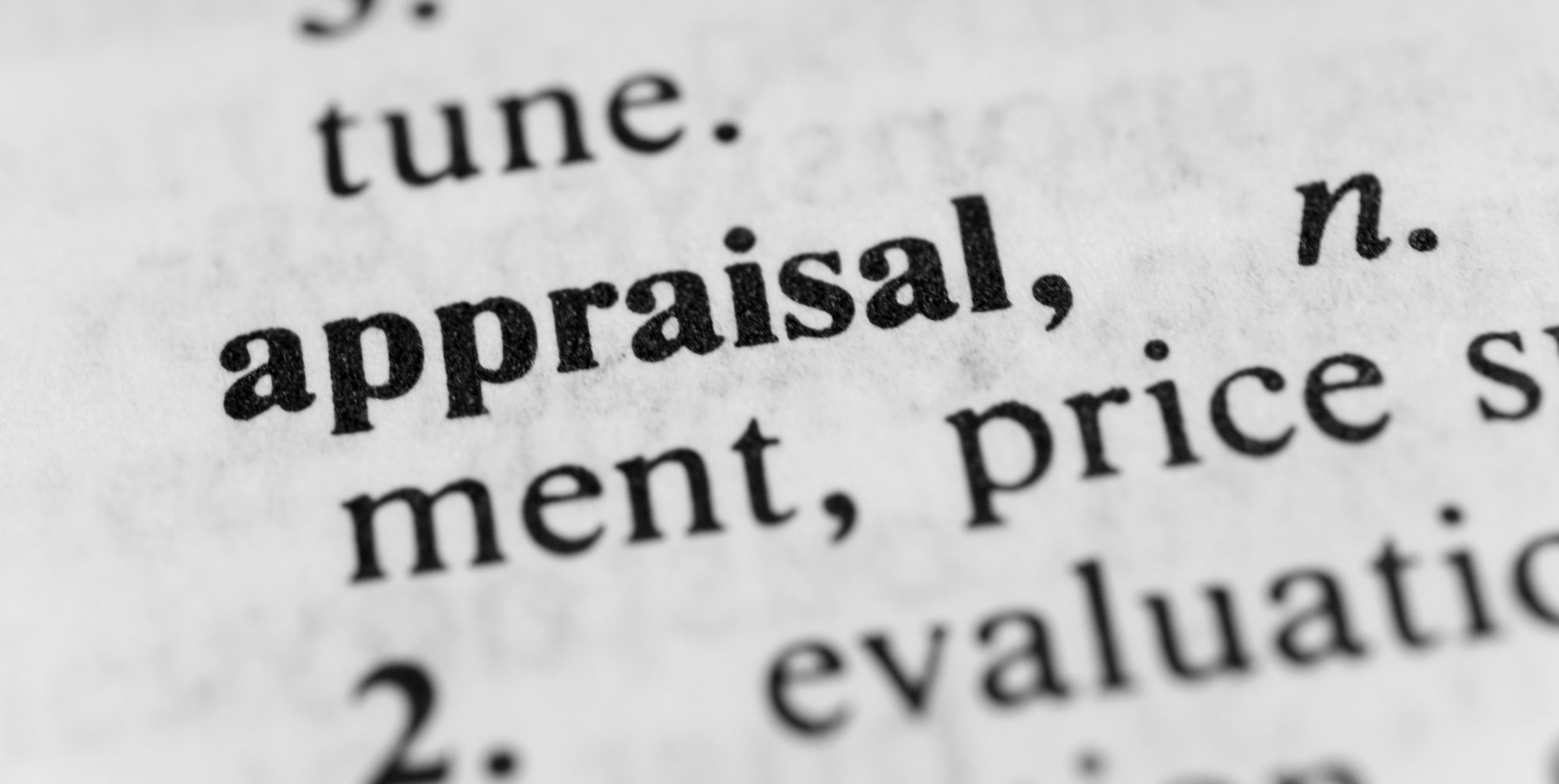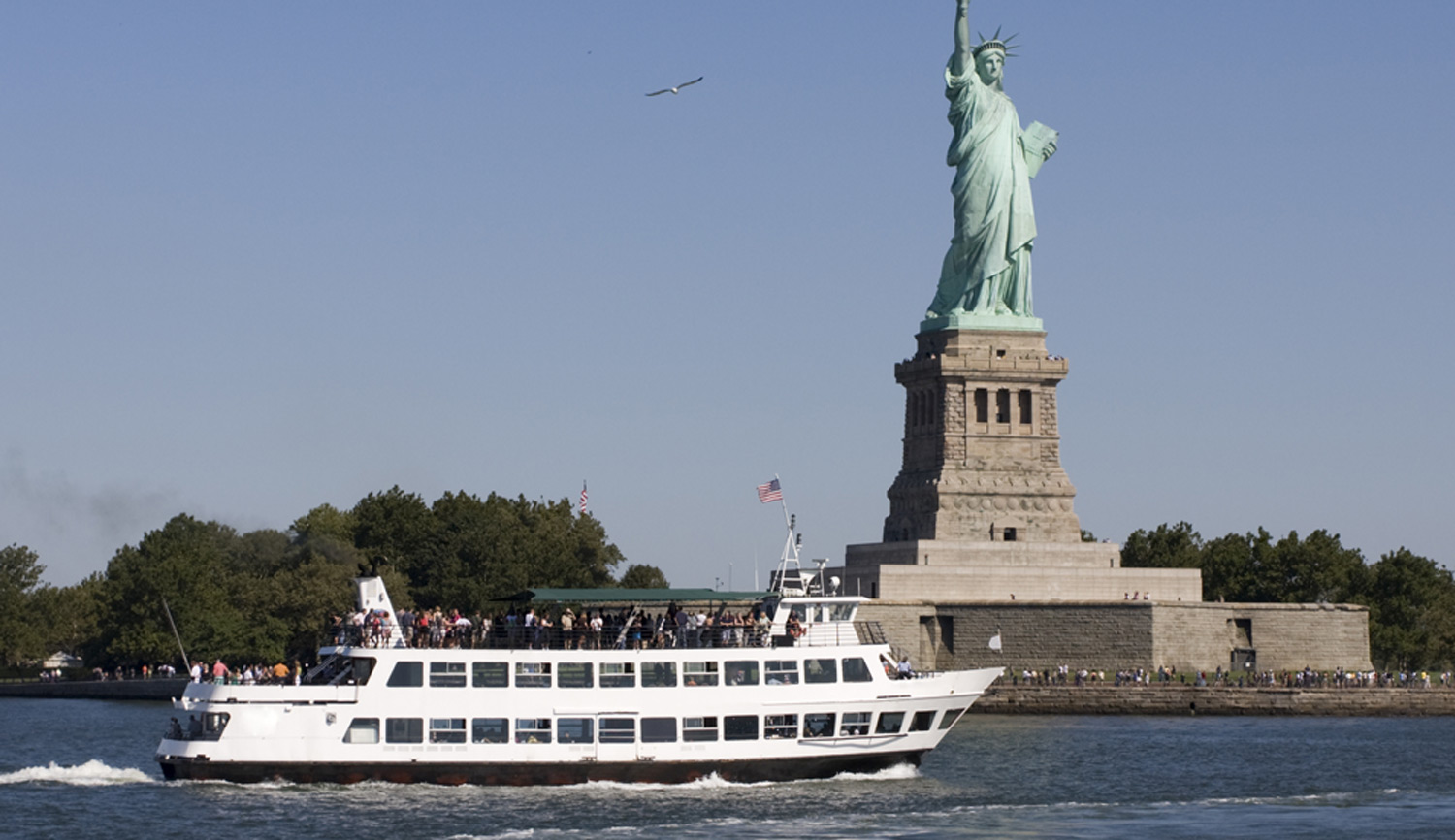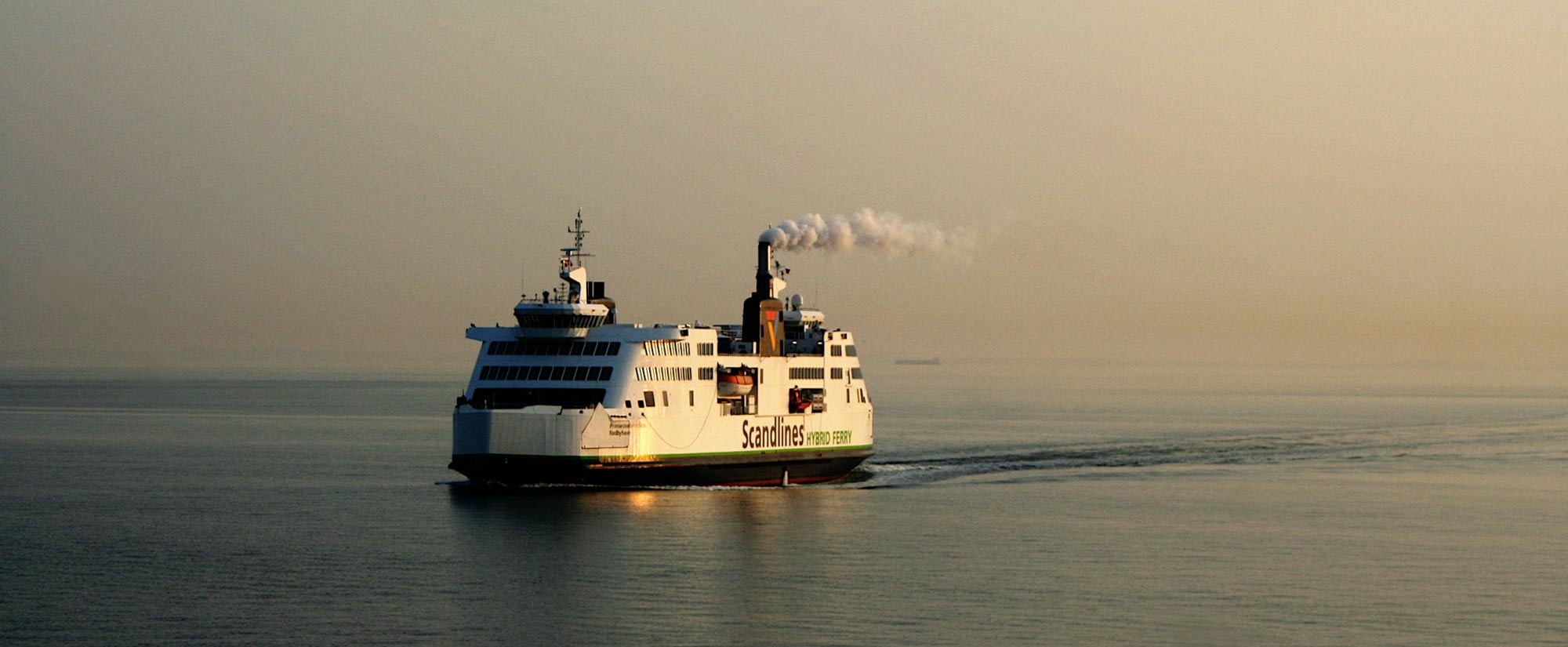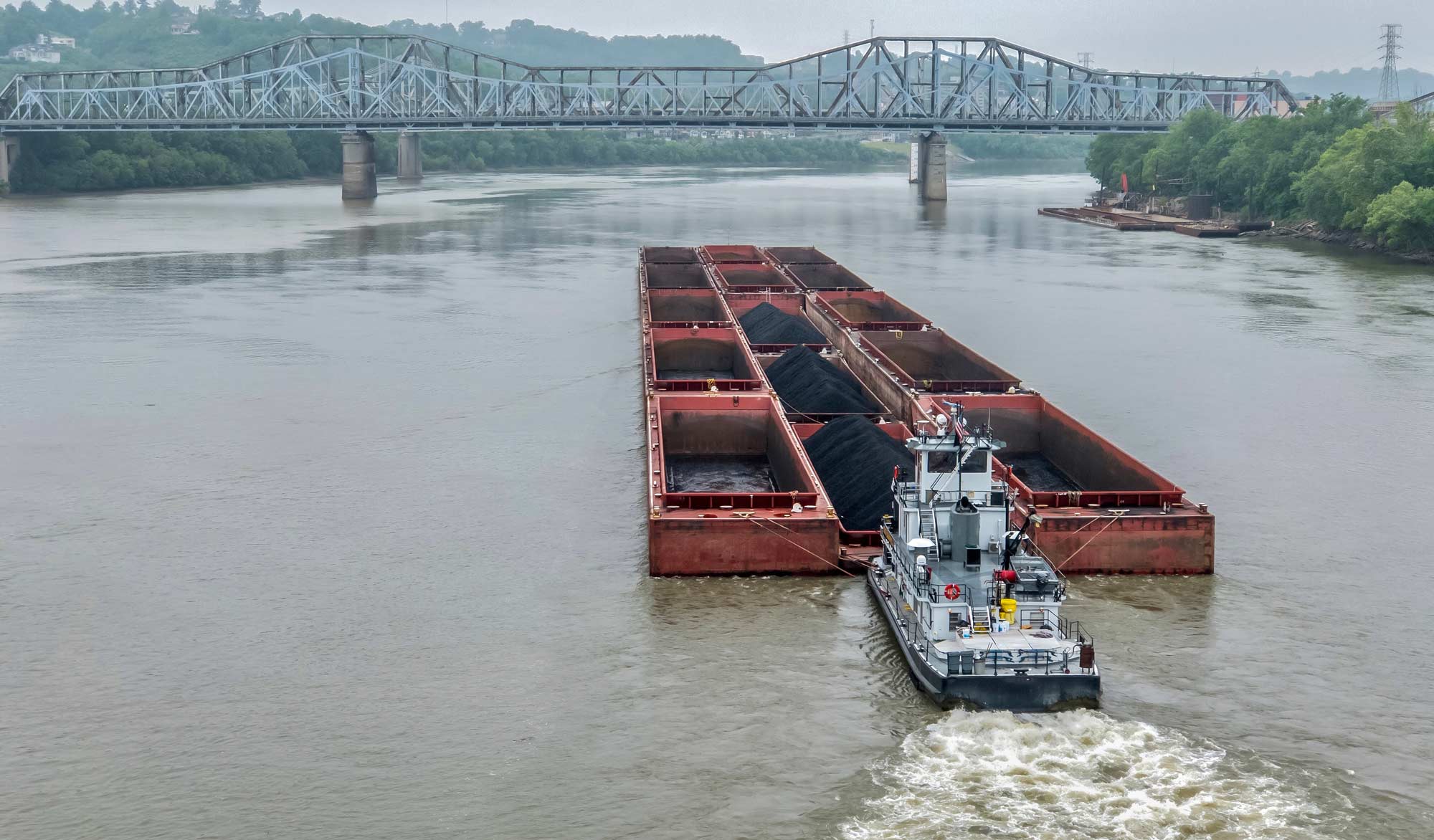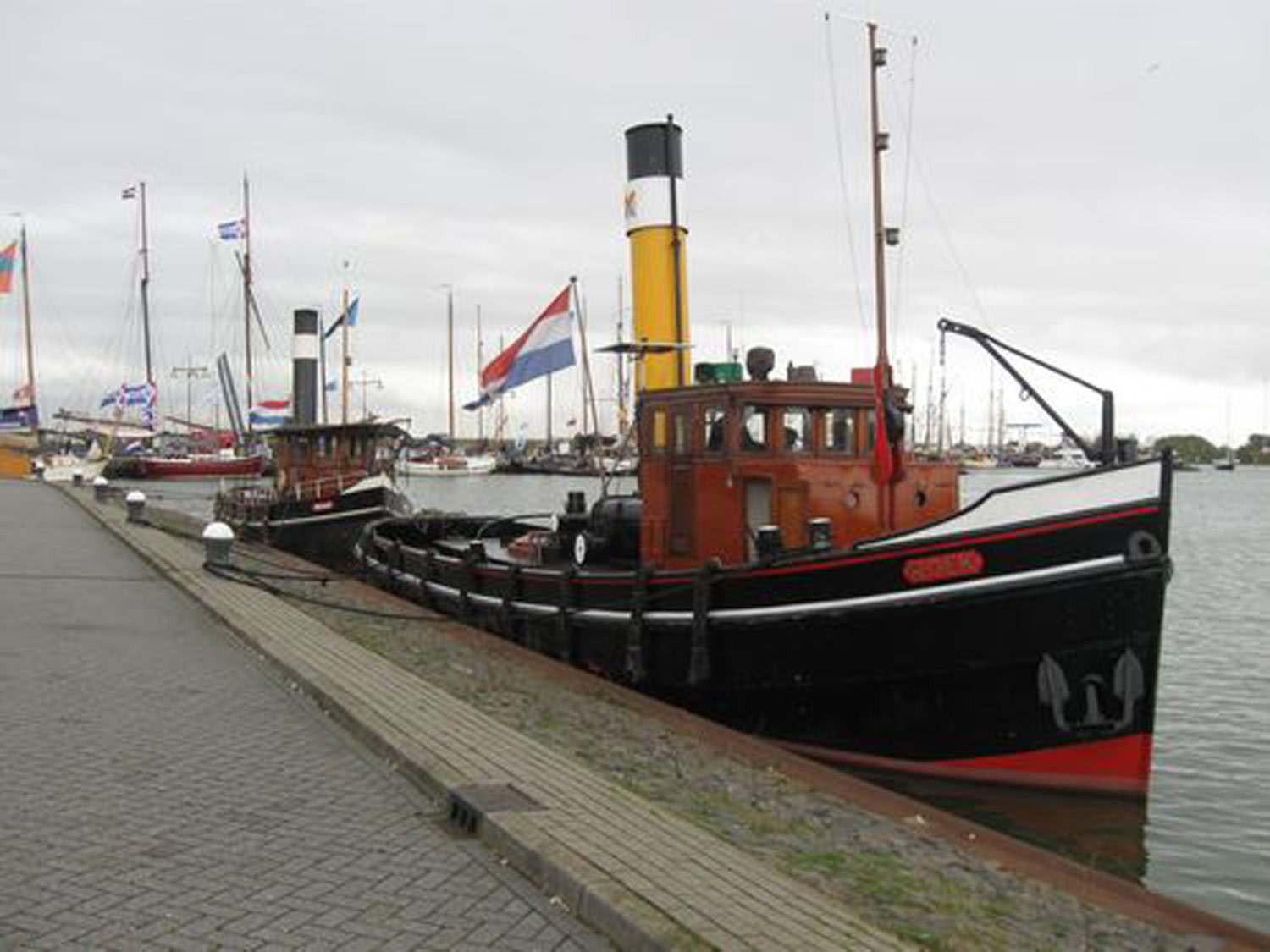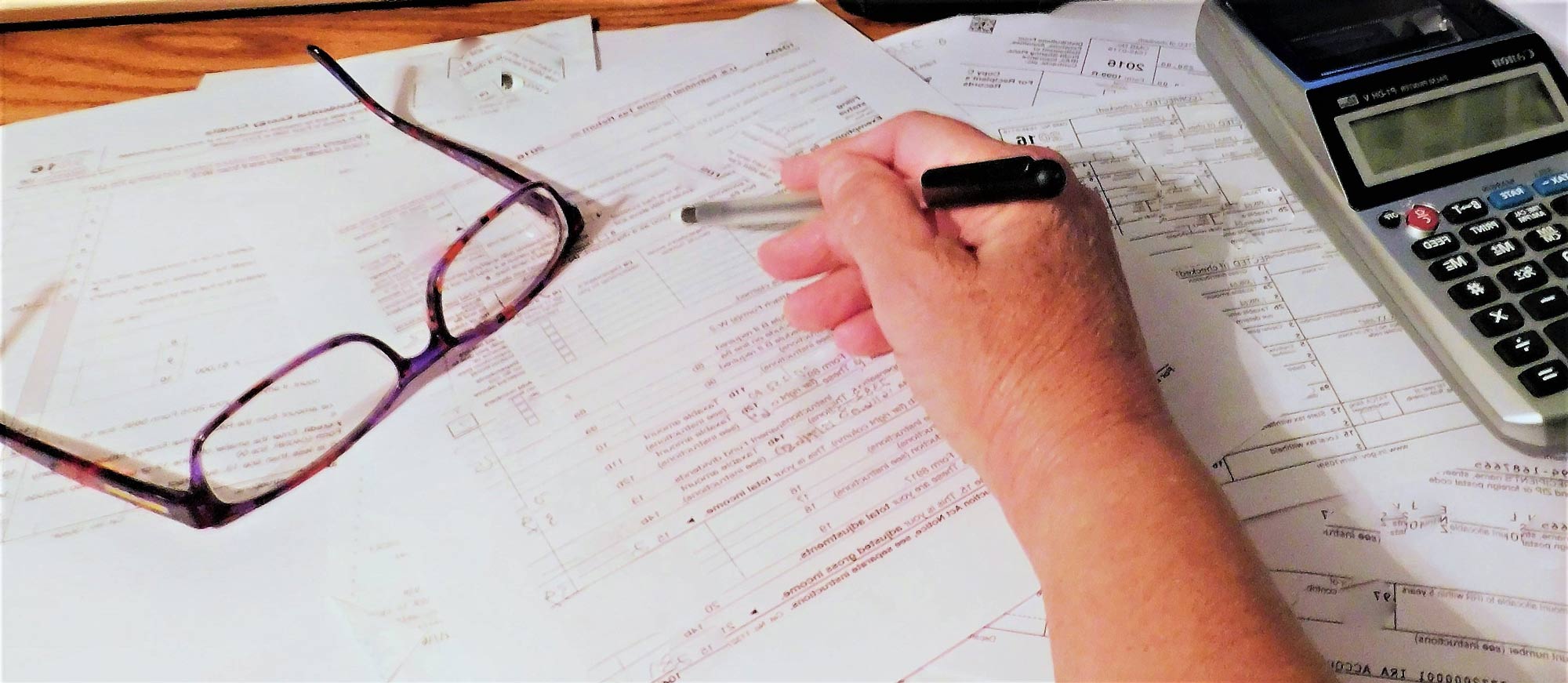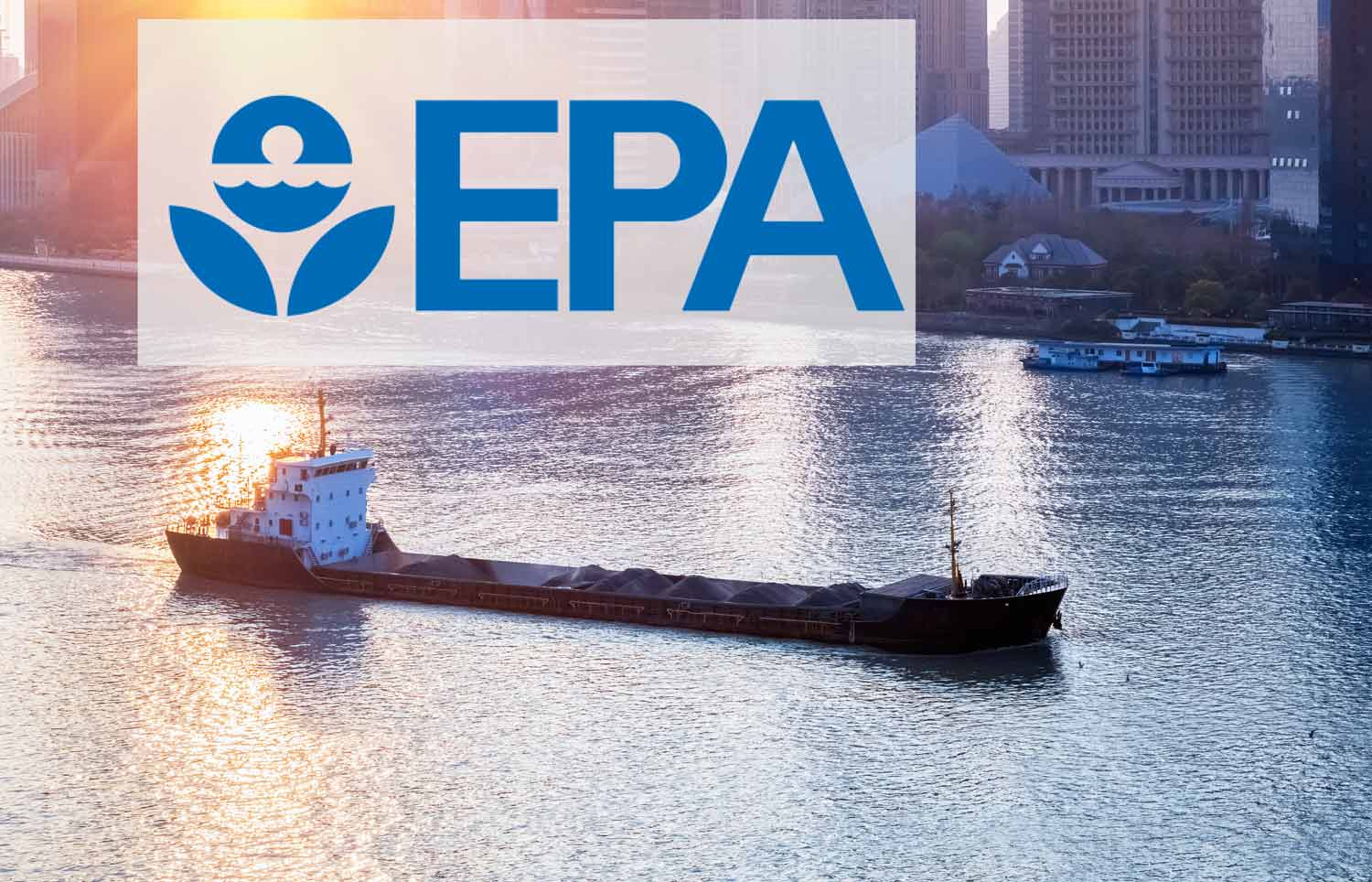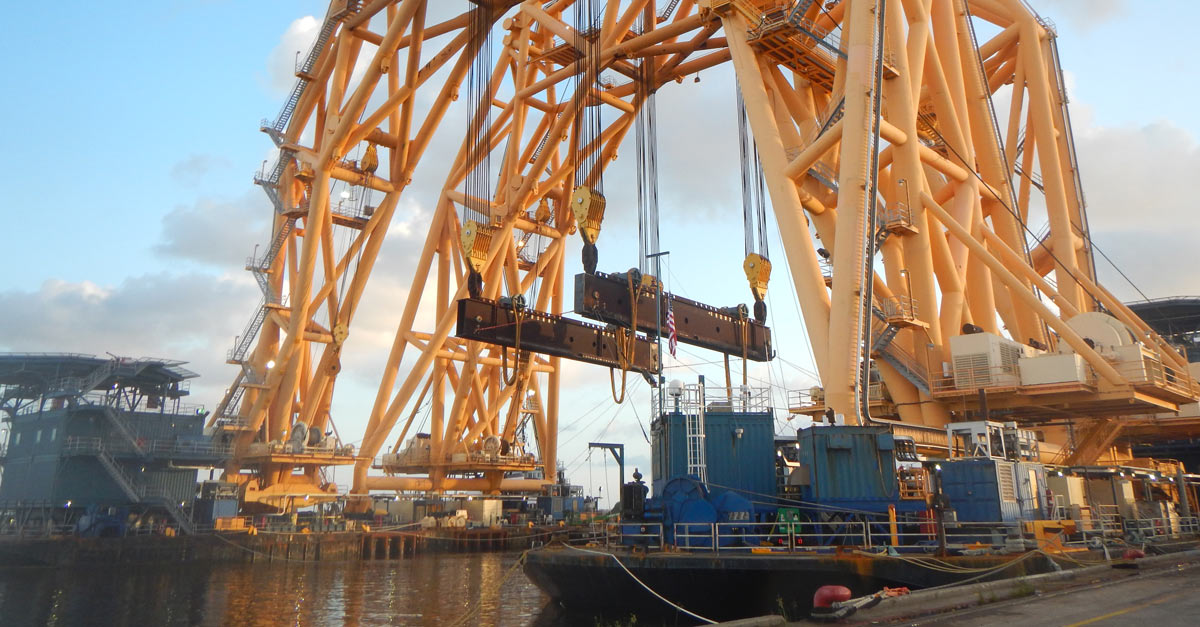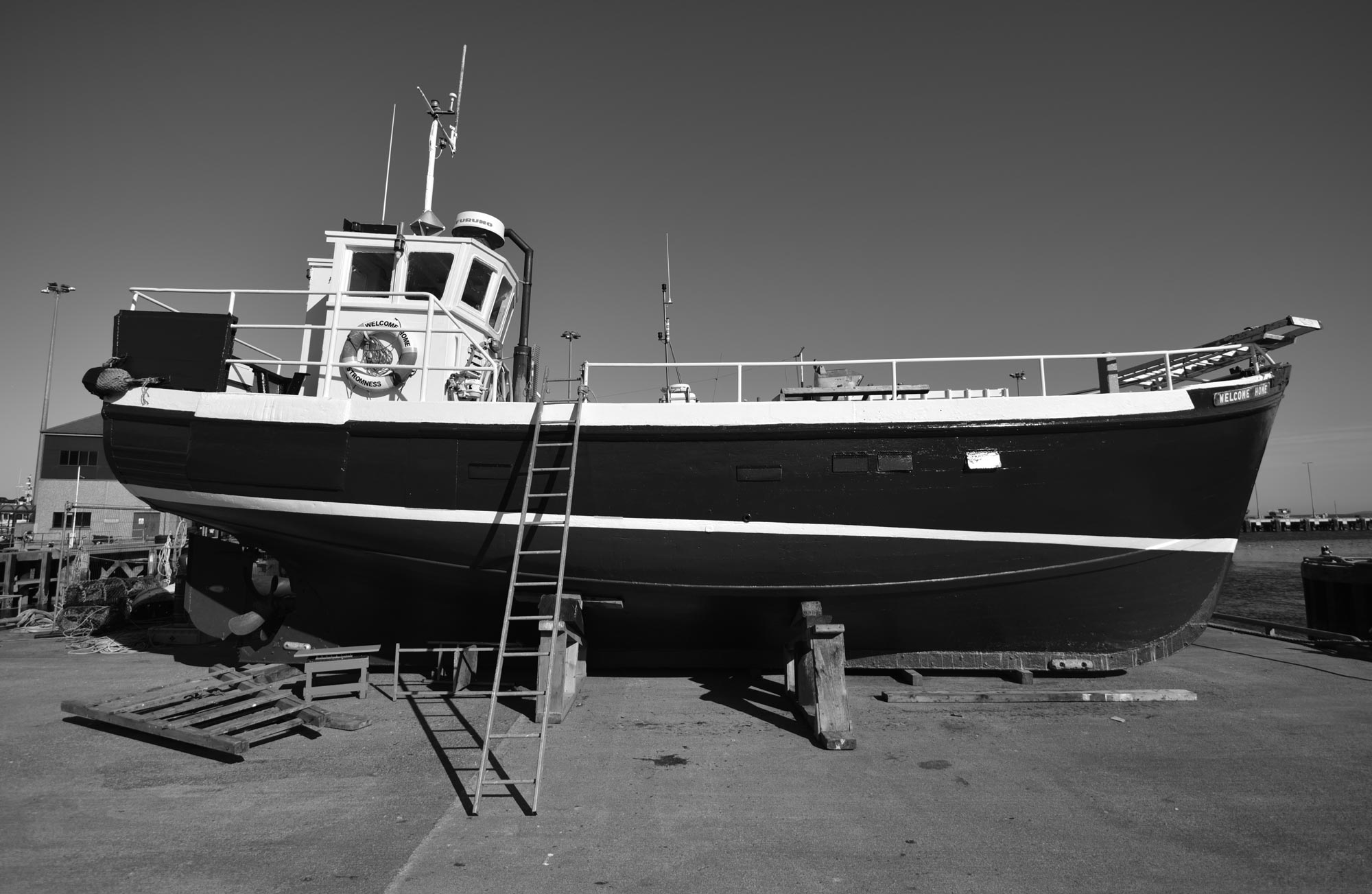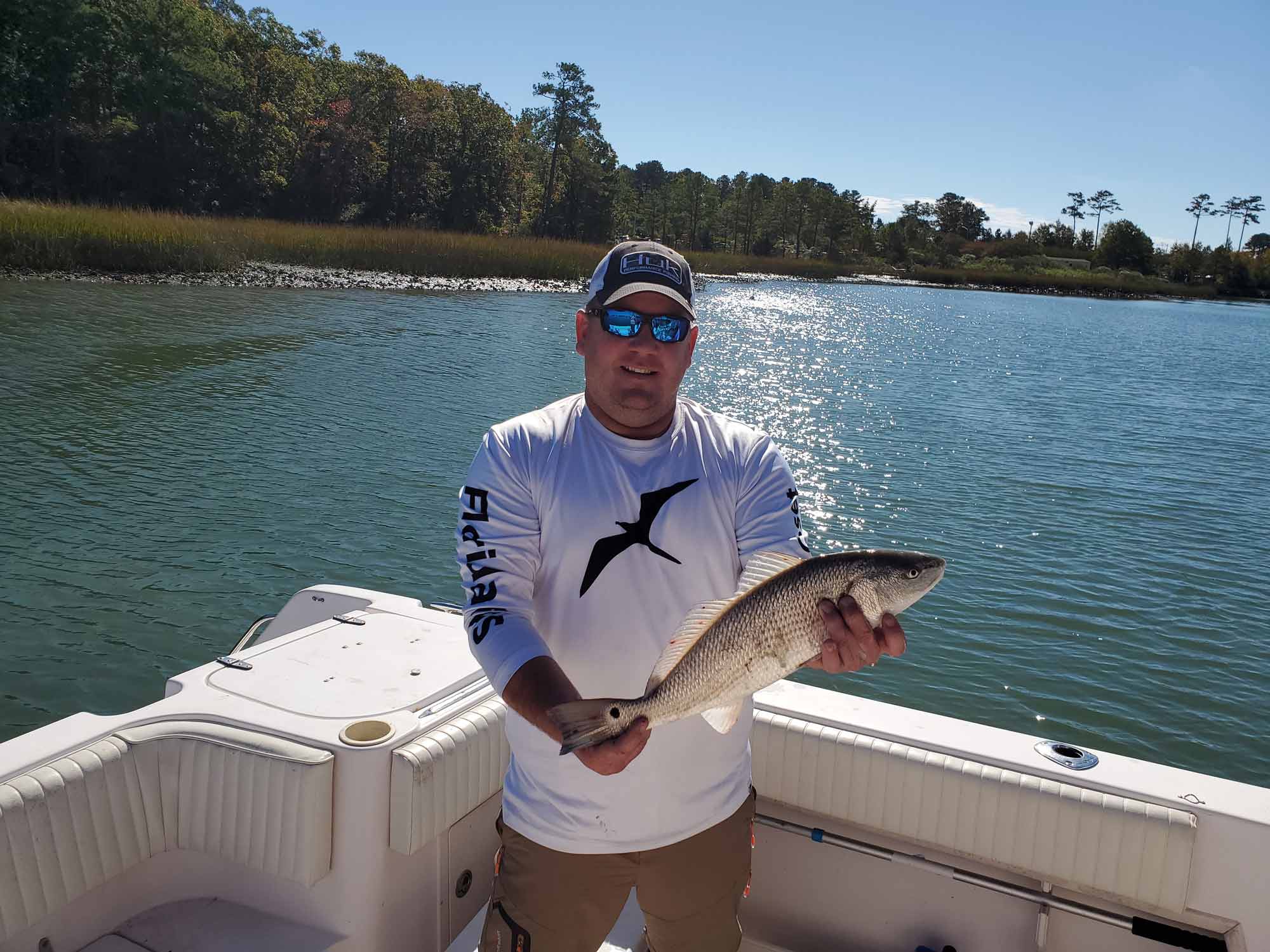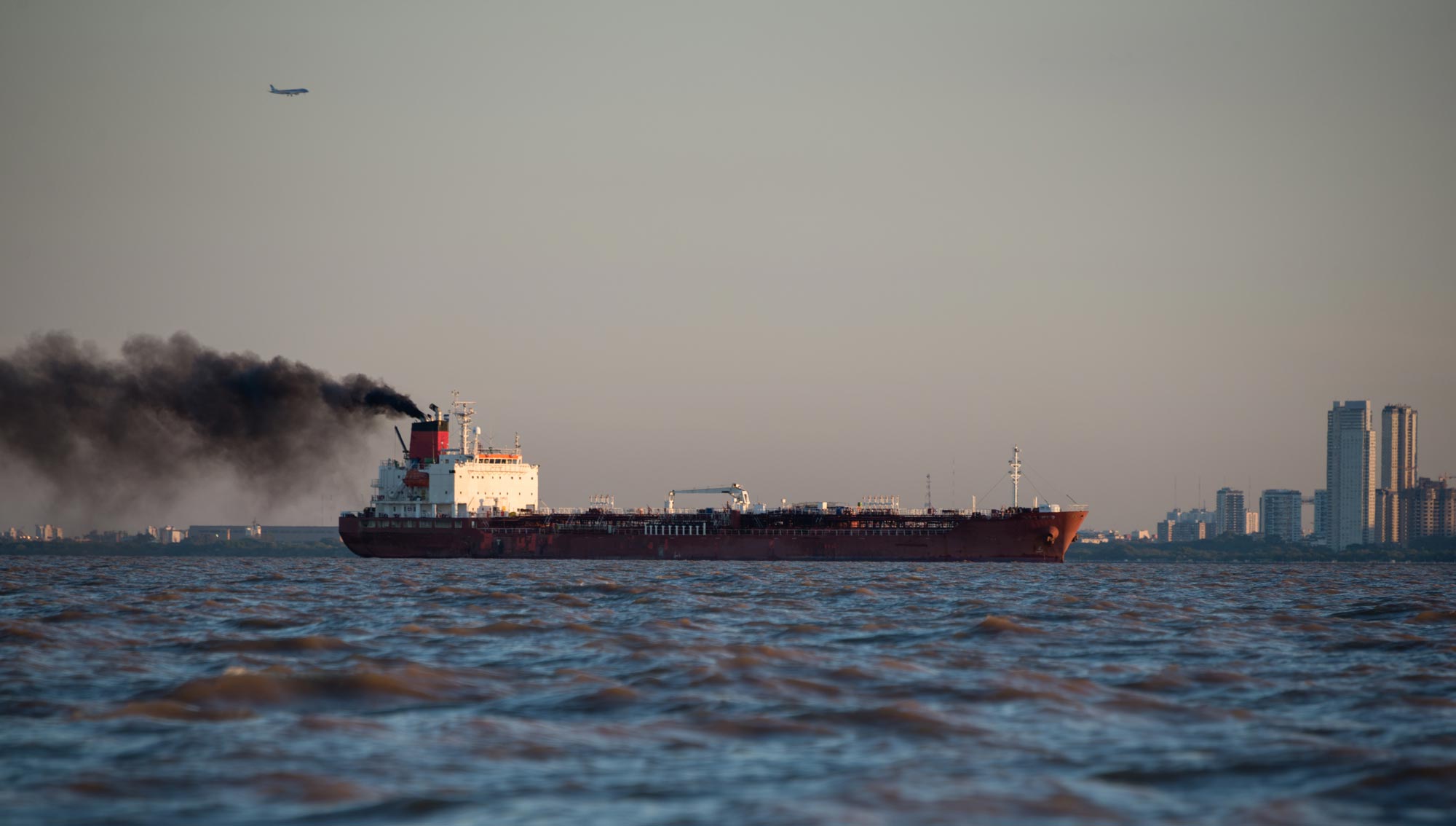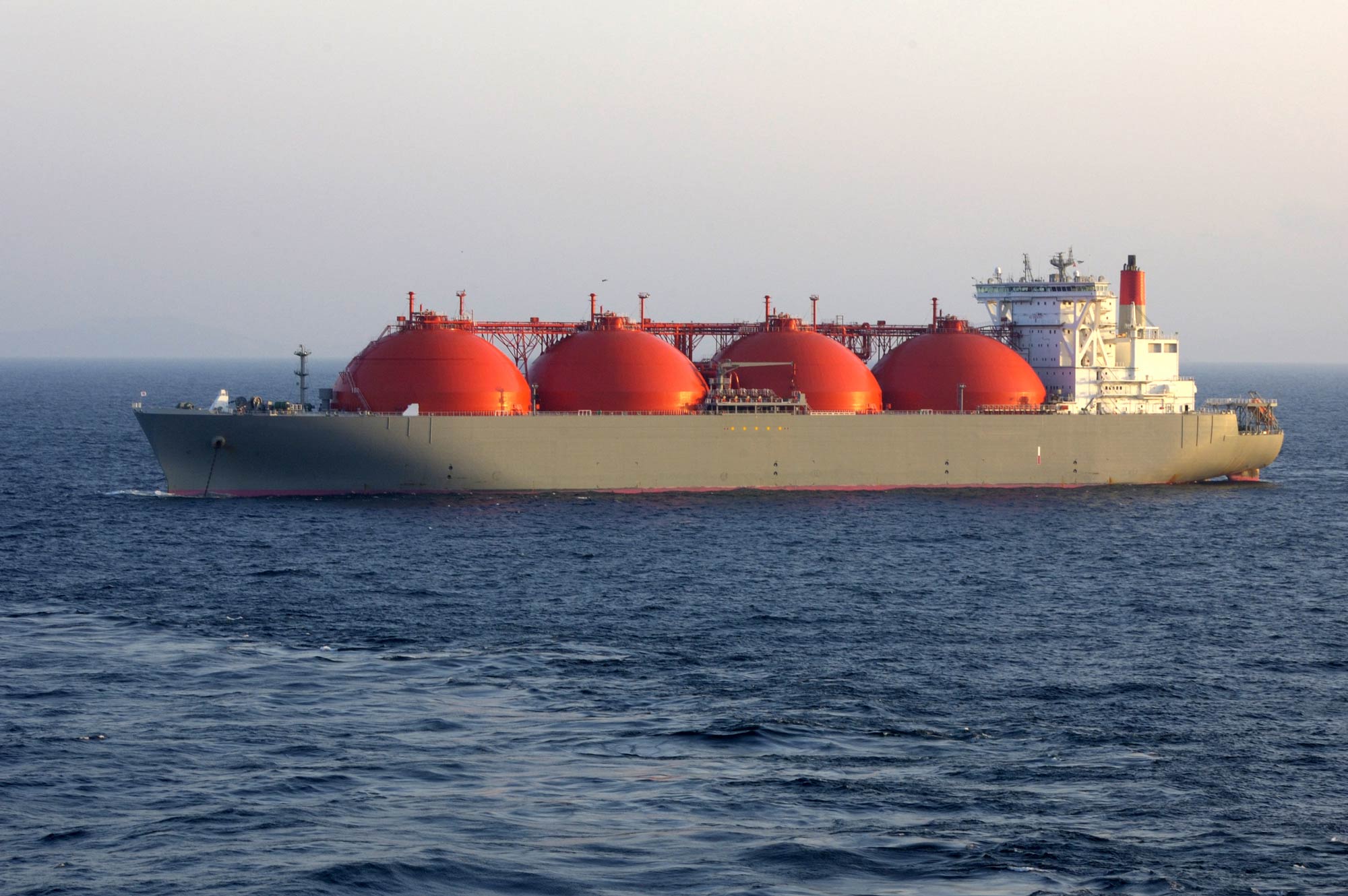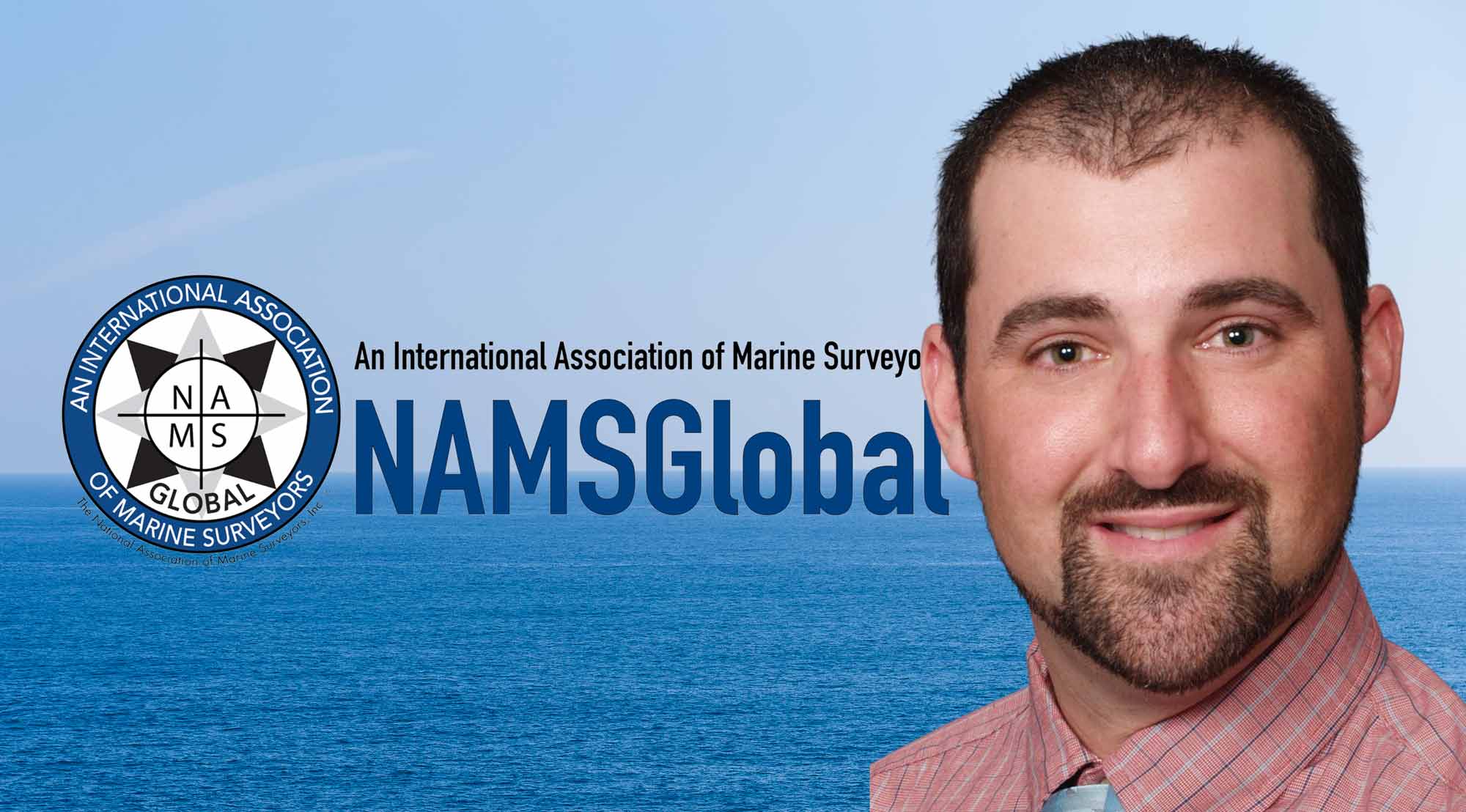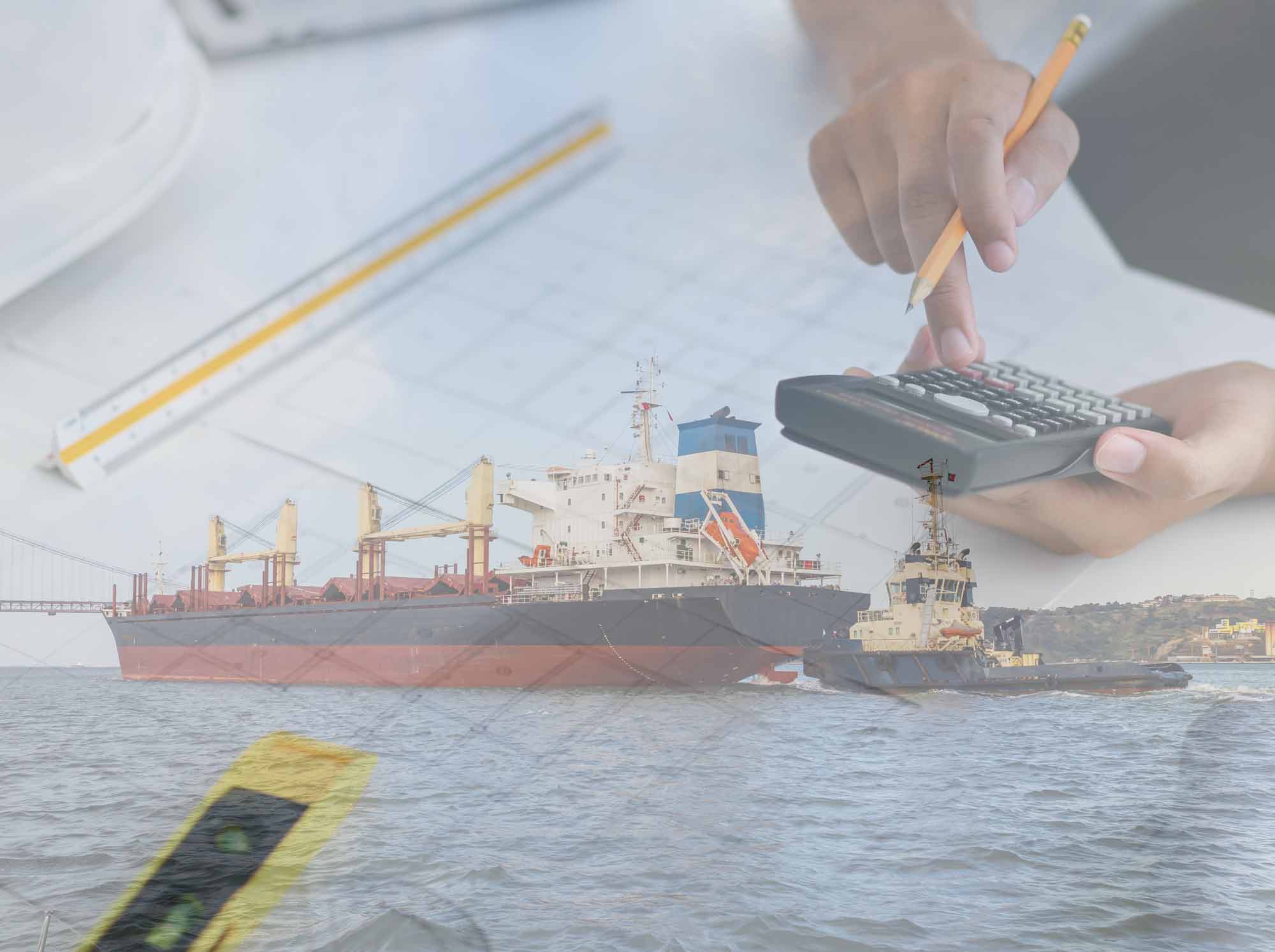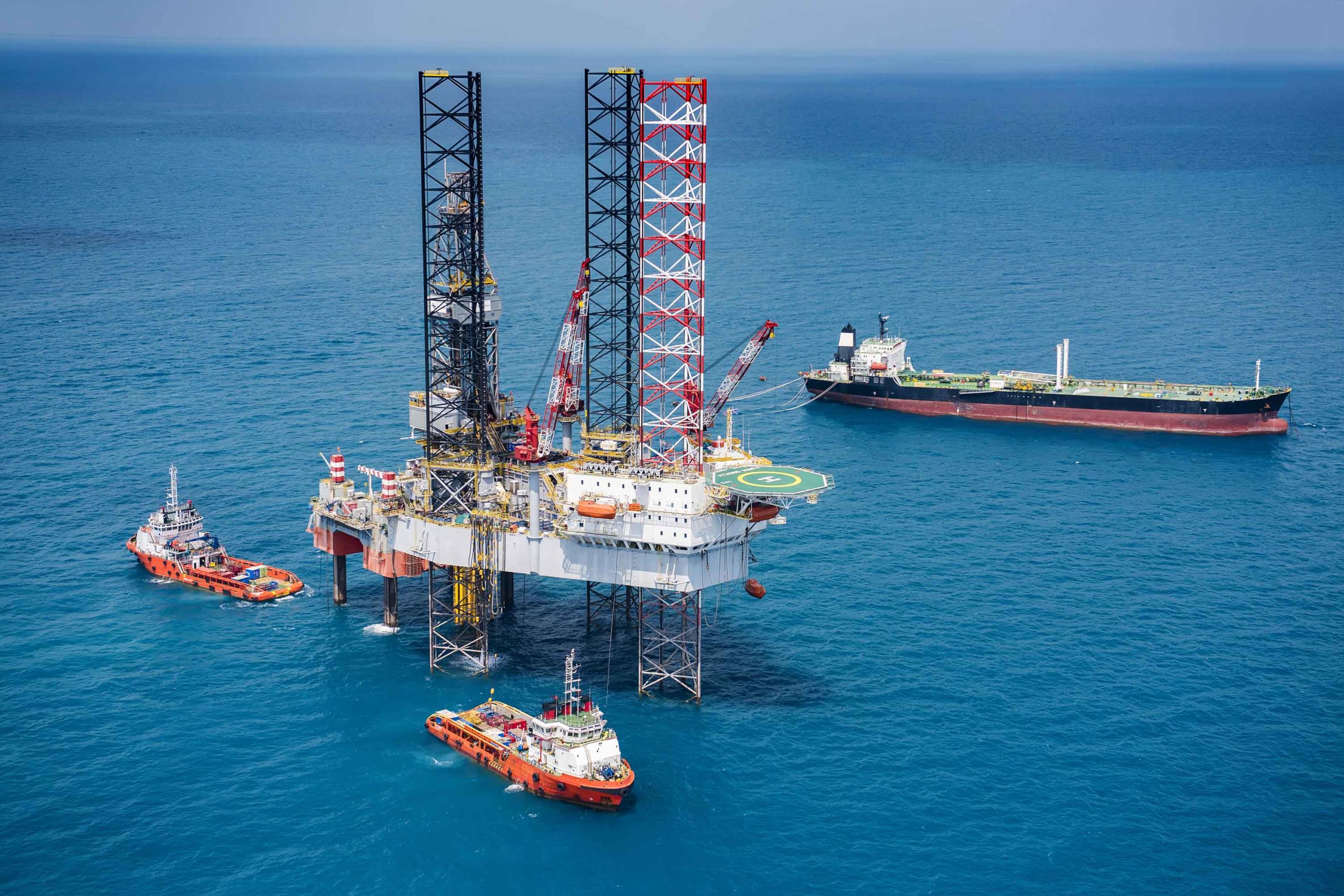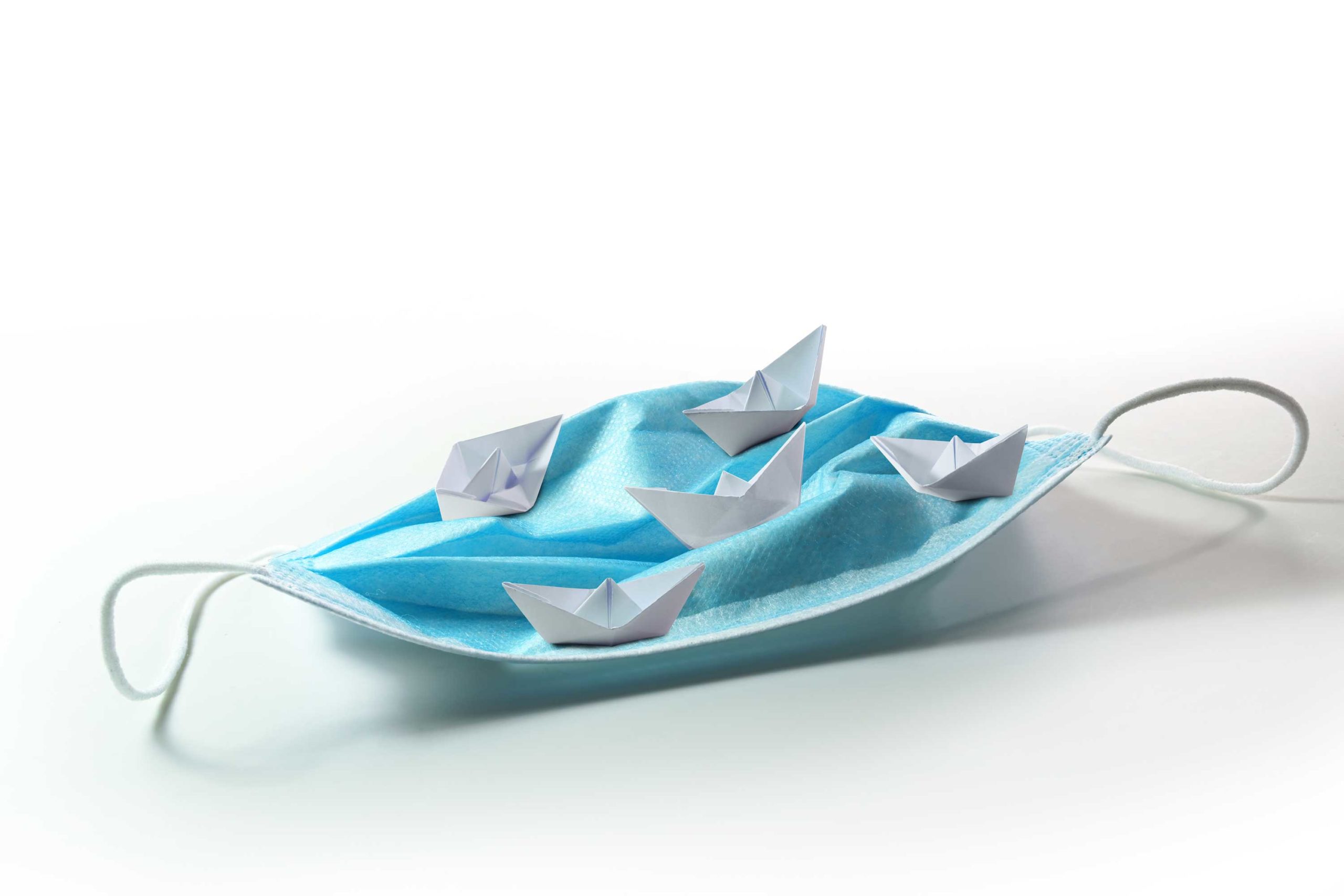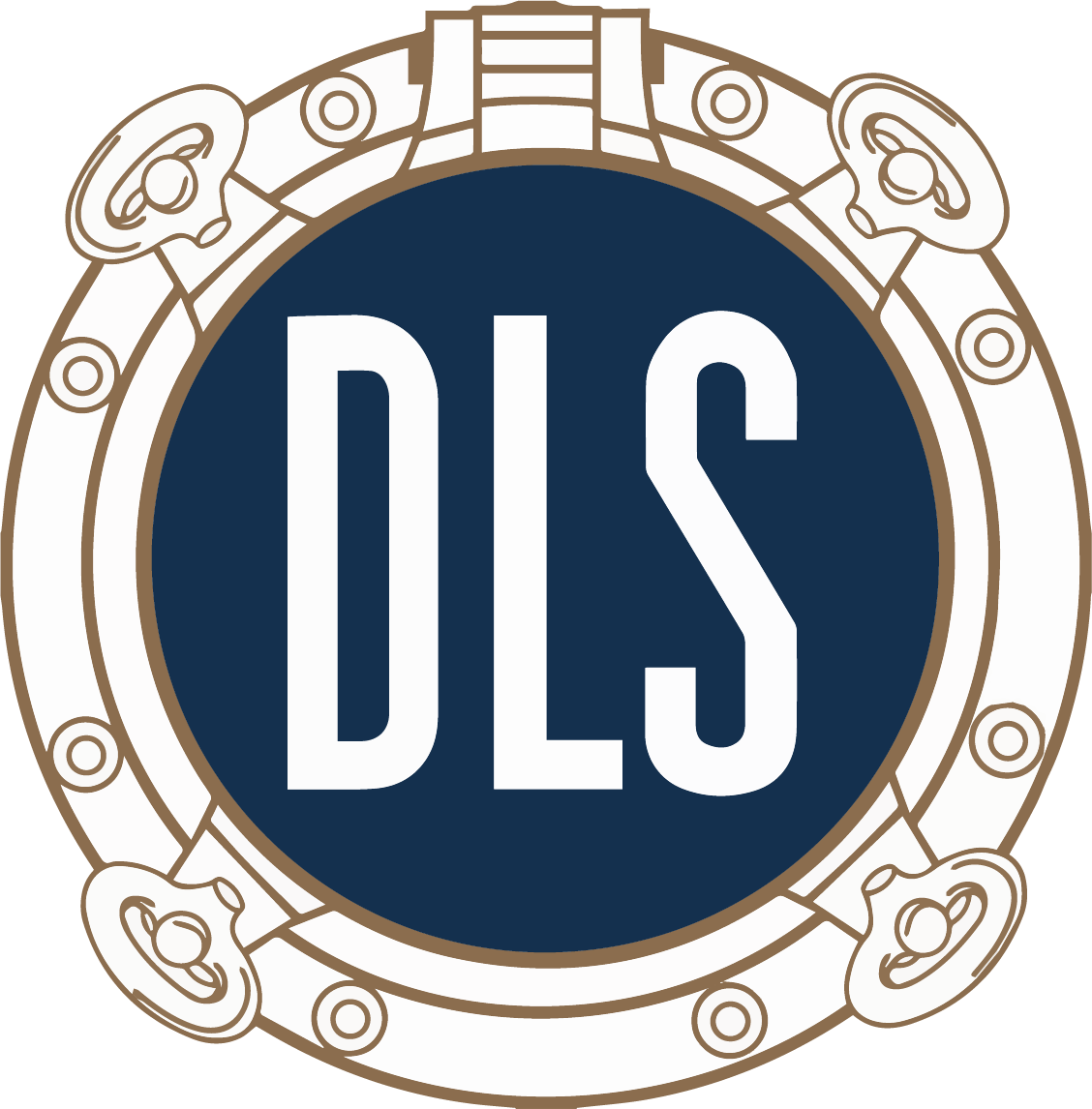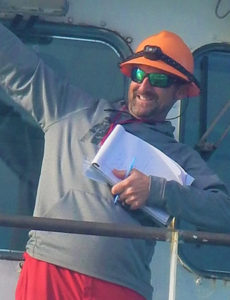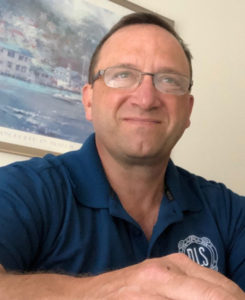DLS Insights
The DLS is here to provide insights and comments on issues and topics as they relate to marine asset and appraisal
Read The Latest From DLS
Bits-and-Pieces
In 1939, the U.S. Navy Research Laboratory began exploring the construction of a nuclear-powered submarine.
Opinions Agree on an Interesting Economic Year
Changes in the maritime industry are expected to occur due to geopolitical shifts during the
IT’S ALL UP IN THE AIR
The technical areas of maritime shipping increase rapidly with multiple ways of reducing emissions from
Methanol: A Look at Owner’s Alternatives for Greening and the Movement of Bulk Cargoes throughout the World
Methanol has become the most popular alternative fuel for vessels in the global new build
Flotsam & Jetsam – A Look at Maritime Sections
With new GHG emissions regulations and corporate ESG concerns, designs and outfitting are now changing
2023 10-K Annual Statements – Corporate Cliffs Notes
Today we look at the stats! I am digging into the 10-K reports for publicly
Hot Air?
U.S. offshore wind farms come up frequently in the news, often related to politics and
CURRENT BATTERY SCIENCE IN TRANSPORTATION and AN ONGOING LOOK AT INLAND
In September 2021, I looked at the growing use of Lithium-Ion batteries in forms of
THE FUEL RACE REVISITED…and other subjects
The fuels of the future will be impacting everything that we do. They are already
A Look at Kirby Corporation and Inland Trends
While most vessel owners/operators keep their numbers under wraps, publicly traded companies, such as The
Cash, Coal, and Corporations
While corporate lenders, shippers, and charterers are moving towards more eco-friendly operations, problems with green
The Inland River Scene & Revisiting Tugboats 101
As we have seen in worldwide marine commerce, and in commerce in general, the inland
Looking into the Domestic Picture
I have been writing these blogs for two years now, analyzing the future of the
The WASP Sting
WASP, or Wind Assisted Ship Propulsion, remains a hot topic in the maritime industry as
Skinning A Cat Part 2
I have written several blogs on the hottest subject in the green battle: the fuels
Skinning A Cat
This 2-part blog looks at various ways to potentially reach mandated GHG emission levels aside
Who’s In Charge Here?
As pointed out in past blogs, technology is advancing at a swift pace powered by
What To Do About CO2
In many previous articles, I have written about the marine industry reacting to the CO2
Another Look at the Fuel Gauge
First, a look at the current leader, LNG. Even though the World Bank came out
BITS AND PIECES
With rapid technology changes and the endless flow of fascinating R&D press releases, some of
MY GREEN IS BETTER THAN YOUR GREEN
I’ve been writing a lot about the ecological movement and the greening of merchant ships.
The Fuel on the Hill
Petroleum is still here and will be prominent, although fading, for a few more decades.
In Honor of 2021
As we begin a new year, I’d like to do a recap on the topics
The U.S. and Short Sea Shipping
Ships, on a cost-per-ton mile, are the most efficient way to move large quantities of
White Oil
The growth of lithium for use in batteries is phenomenal, as the number of products
Do Green Ships Have a Nuclear Future?
The amount of money being put into meeting the 2050 air cleanliness goals of the
So, What About Offshore Wind Farms?
We are headlong into the new world of wind power. Not so new if you
Will the U.S. Join the Green Wave?
This month I look at the new administration’s first proposed bill that affects the oceans
LNG Is Here: How Is It Impacting The Industry?
Where is LNG as the fuel of choice for the maritime industry? DLS Marine Surveyor
Do appraisal methods commonly used internationally meet acceptable standards?
The standards that are taught in academia are the three approaches to value. They each
Will Staycations Save the Domestic Day Cruise Passenger Business?
The blue water overnight passenger business is comatose. Will a vaccine make 2021 a profitable
Keeping Score – Are You Green Enough?
Maritime vessel owners and operators are being pressured by international authorities and port state regulations
Is One Section of River Traffic Fading Away?
I recently received a question on the market for river service open hopper barges. The
Staying Ahead of Technology
Looking into the not so distant future there are new concerns for surveyors, owners and
Marine Business Owners: $11.5MM Estate Tax Exemption is at Risk
Potential pending changes to the estate tax starting Jan 1, 2021 could significantly impact net
A Look at the Tier 4 World
Due to the price of oil and COVID-19, there are vessels in lay up all
Modern Marvels Meets Deep Sea Salvage
Last September, the Korean cargo ship Golden Ray capsized outside of Brunswick, GA with over
Vessel Lay Up…At What Cost?
Due to the price of oil and COVID-19, there are vessels in lay up all
Kenner Hendrix Advances to Accredited Member of the ASA
DLS Marine is pleased to announce Kenneth “Kenner” Hendrix, NAMS-CMS has earned the Accredited Member
Long Green for Long-Lived Greens
DLS Marine surveyors and appraisers have always been current with what has been going on
Today it’s Cash Flow. Tomorrow Oil Flow?
On an adjusted dollar value basis oil hasn’t been this cheap in over thirty years.
DLS Marine Builds Remote Survey Vehicle to Access Confined Spaces
A long-time customer of DLS Marine recently came to us with a knotty problem. The
NAMSGlobal Appoints Ave Boudreaux, Marine Surveyor for DLS Marine, as Treasurer for 2020-2022 Term
DLS Marine is pleased to announce that An International Association of Marine Surveyors (NAMSGlobal) has
DLS Introduces Marine Business Valuation Services
We are proud to announce a new strategic relationship with The McLean Group (TMG), one
IT’S THE ECONOMY (AND COVID-19 AND TECHNOLOGY AND REGULATORY CHANGES) STUPID
“It’s the economy, stupid.” James Carville coined this very famous and often quoted remark in
Bedlam in the Time of COVID-19
Bedlam is defined as a scene of uproar and confusion. The term comes from the
Response to Coronavirus
We have been closely monitoring the impacts on our community and industry and are taking

